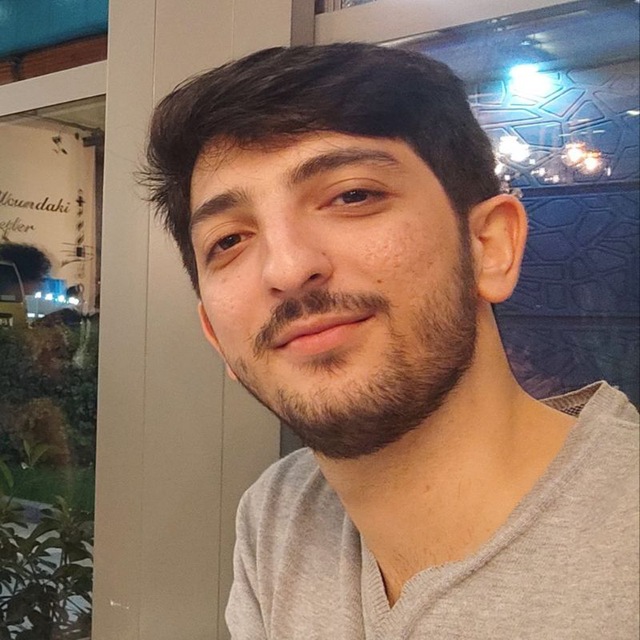People
Faculty
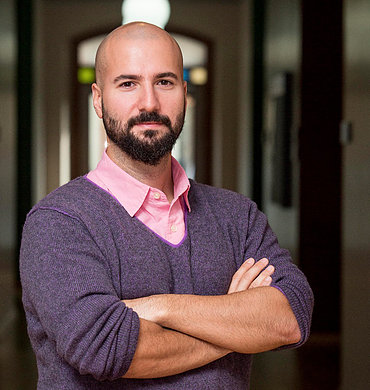
Akın Ünver
Akin Unver is an associate professor of International Relations at Ozyegin University, specializing in conflict research, computational methods and digital crisis communication. He is a fellow of Carnegie Endowment's Digital Democracy Network and serves as a member of TikTok's MENA-T Security Advisory Council. Previously he served as a Research Associate at the Center for Technology and Global Affairs, Oxford University and a Senior Research Fellow at GUARD (Global Urban Analytics for Resilient Defence) at the Alan Turing Institute. He is the author of ‘Defining Turkey’s Kurdish Question: Discourse and Politics Since 1990’ (Routledge Series in Middle Eastern Politics).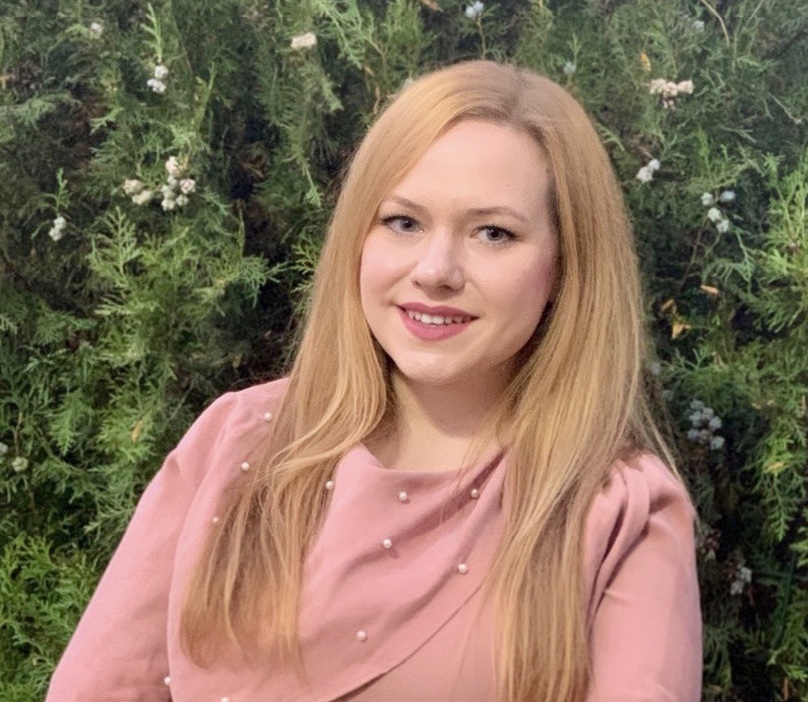
Merih Angın
Merih Angın is an Assistant Professor at Koç University's College of Administrative Sciences and Economics, where she lectures at the International Relations Department, and Computational Social Sciences graduate program. Previously, she was a Postdoctoral Fellow at the Weatherhead Center for International Affairs of Harvard University, a postdoctoral research fellow at the Blavatnik School of Government of the University of Oxford, and a visiting scholar at the Mortara Center for International Studies of the Edmund A. Walsh School of Foreign Service at Georgetown University. She holds a Ph.D. degree in International Relations/Political Science from the Geneva Graduate Institute (IHEID), an M.Sc. degree in International Relations from METU, and a Bachelor’s degree in Economics from Bilkent University. Her research interests lie in the areas of international political economy, international development, international financial institutions, computational social sciences including agent-based modeling, machine learning, natural language processing, and artificial intelligence (AI) governance. Dr. Angın’s research on AI usage in social sciences was awarded the EU's Marie Skłodowska-Curie Actions Individual Fellowship, as well as the Scientific and Technological Research Council of Turkey’s International Fellowship for Outstanding Researchers. In October 2019, she founded the MA-Computational Social Sciences Lab (MA-CSSL) at Koç University, which is an interdisciplinary research laboratory bringing together researchers from multiple disciplines including economics, sociology, computer science, political science & international relations. Her work has been published in internationally recognized peer-reviewed journals such as Economics & Politics, Sustainability, International Interactions, IEEE Access, and New Perspectives on Turkey, among others.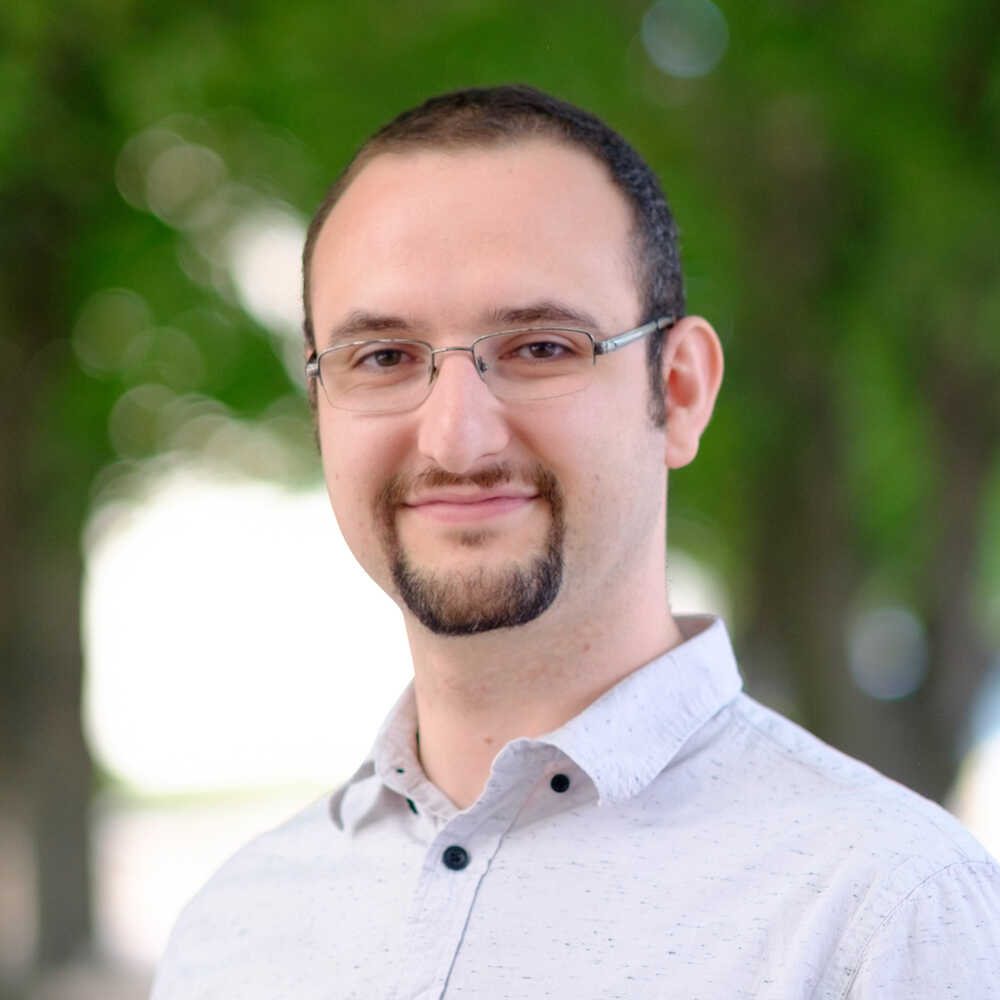
Onur Varol
Onur Varol is an Assistant Professor at the Sabanci University Faculty of Engineering and Natural Sciences and Principal Investigator at the VIRAL Lab. His research focuses on developing techniques to analyze online behaviors to improve individual well-being and address societal problems using online data. Prior to joining Sabanci University, he was a postdoctoral researcher at Northeastern University at the Center for Complex Network Research. He completed his PhD in Informatics at Indiana University, Bloomington (USA). His thesis focuses on the analysis of manipulation and threats on social media and he was awarded the 2018 University Distinguished Ph.D. Dissertation Award. He has developed a system called Botometer to detect social bots on Twitter and his team ranked top 3 worldwide at the 2015 DARPA Bot Detection Challenge. Efforts on studying social bots yield publications on prestigious venues such as International Conference of Web and Social Media (ICWSM), Nature Communications, World Wide Web (WWW) conference, and Communications of the ACM.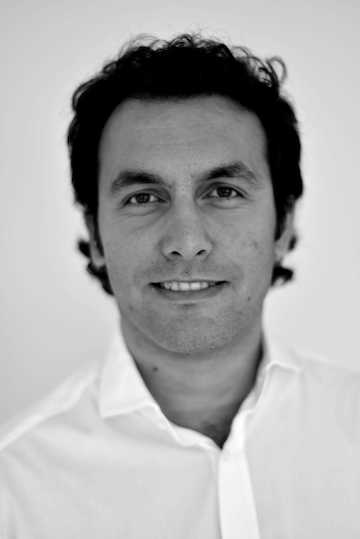
Erdem Yörük
Erdem Yörük is an Associate Professor in the Department of Sociology at Koç University and an Associate Member in the Department of Social Policy and Intervention at University of Oxford. He serves as the principal investigator of the ERC-funded project 'Emerging Welfare' (The New Politics of Welfare: Towards an 'Emerging Markets' Welfare State Regime) and the H2020 project Social Comquant. He is also a member of Young Academy of Europe and an associate editor of European Review. He holds a Ph.D. from the Department of Sociology at Johns Hopkins University (2012). His work focuses on social welfare and social policy, social movements, political sociology, and computational social sciences. His work has been supported by the National Science Foundation (NSF), Ford Foundation, FP7 Marie Curie CIG, European Research Council, H2020, and the Science Academy of Turkey. His projects have created two datasets on welfare and protest movements. His articles have appeared in World Development, Governance, Politics & Society, Journal of European Social Policy, New Left Review, Current Sociology, South Atlantic Quarterly, American Behavioral Scientist, International Journal of Communication, Social Policy and Administration, and Social Indicators Research, among others. His book, 'The Politics of the Welfare State in Turkey' is forthcoming from the University of Michigan Press in May 2022.
Başak Taraktaş
Başak Taraktaş is an Assistant Professor of Political Science at Bogazici University. She received her PhD in political science from the University of Pennsylvania in 2016. Before coming to Bogazici, She worked as a postdoc at Northwestern’s Buffett Institute for Global Affairs for two years and as a research analyst at FutureMap. Her research centers on collective action and opinion dynamics. Much of her work is set in the contexts of regimes, and contentious politics, where she combine computational methods (such as, agent-based models, network analysis, and text analysis) and qualitative research to unpack the effect of ideology and ideational beliefs on cooperation. She is particularly interested in adaptations of complexity theory and dynamical systems in social sciences.Her current project, Dia-Pol, is supported by Marie Curie Individual Fellowship 2020 grant. Dia-Pol studies the conditions under which polarization follows from social media interactions among social movements and their countermovements and the themes on which these interactions foster dialogue.Bootcamp Instructors
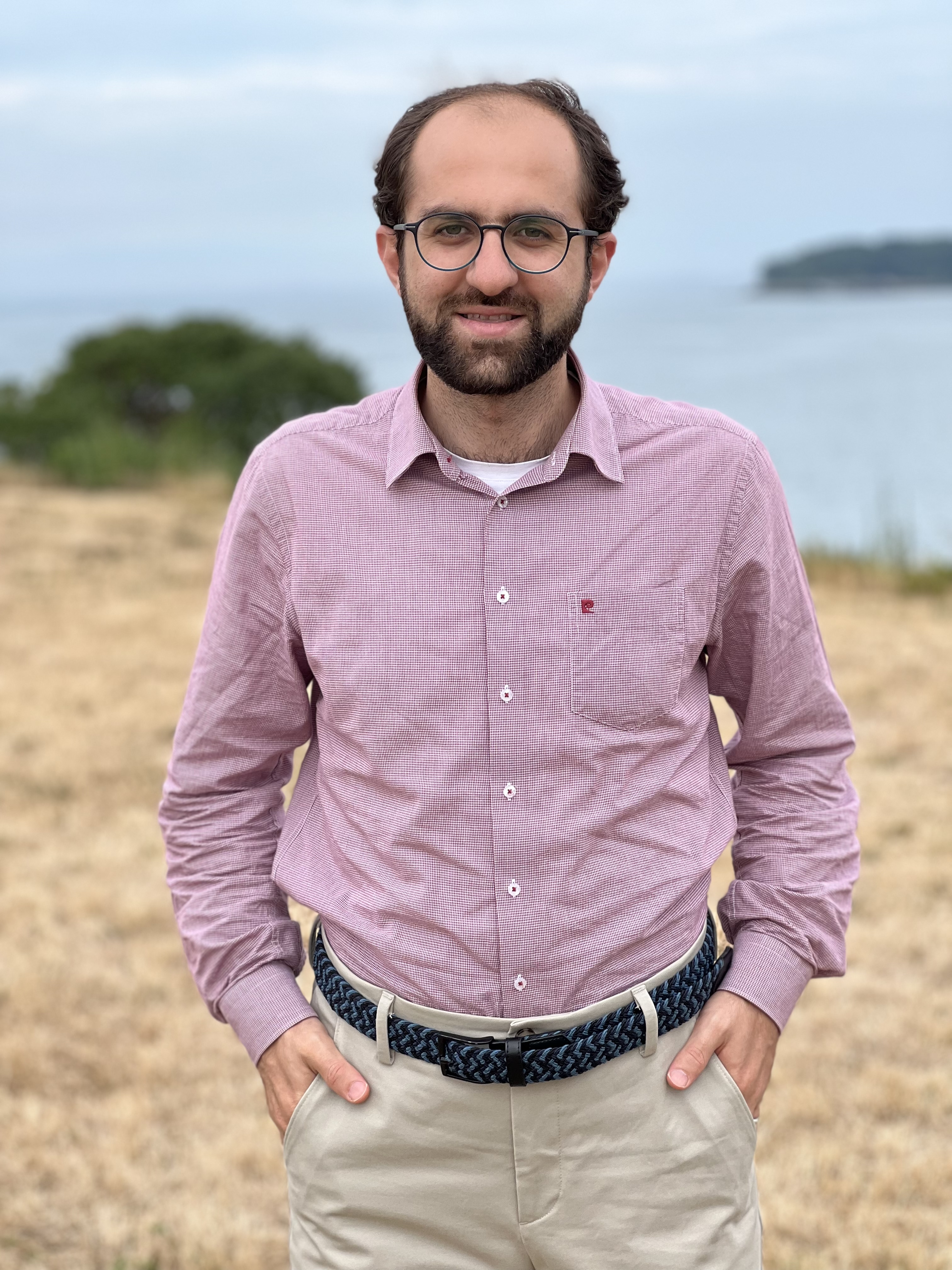
Yunus Emre Tapan
Yunus Emre Tapan, a graduate of SICSS-Helsinki-18, is a Ph.D. Student in Political Science at Northeastern University. He studied Economics in his B.A. at Bogazici University and Middle East Studies in his M.Sc. at METU. His research sits at the intersection of data science and social sciences. He specializes in social network analysis and computational text analysis to study online extremist communities and non-state actors with a particular focus on how they radicalize. He is a graduate of ICPSR Summer Program in 2020 as one of the recipients of the Scholarship for Political Science Research.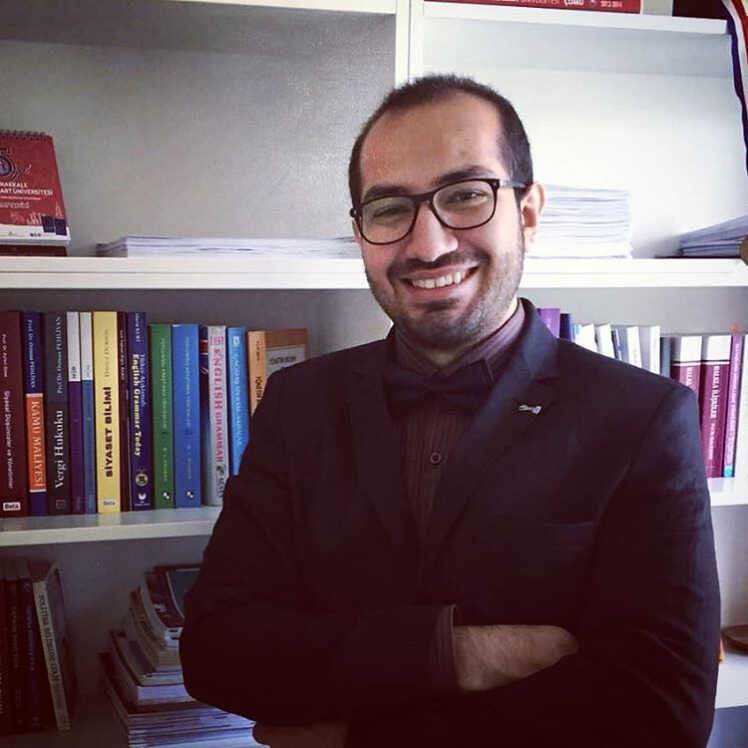
Ahmet Kurnaz
Ahmet is a computer engineer with a PhD in Political Science, specializing in R programming language. His research focuses on polarization and political communication in the digital age, with an emphasis on deep learning applications in social science analysis, digital politics, and elections. In addition, Ahmet has conducted research as a visiting scholar at the Oxford Internet Institute and the University of Maryland, College Park. His work aims to shed light on the complex relationship between technology and politics and to provide insights that can help to shape policy and decision-making.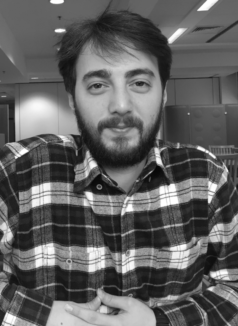
Fuat Kina
Fuat Kına is a PhD student at the Sociology Department of Koç University since 2018. Before joining the project, he graduated with B.S. degree in Economics from Boğaziçi University in 2015 and received his master’s degree with quantitative research on the relationship between anti-immigrant attitudes and labor precarity in Europe in 2018 from İstanbul Şehir University. He is currently working on the relationship between social movements, their targets and social assistance programs by utilizing advanced level quantitative techniques on causal inference. Some of his research interests are social policy, social movements, labor studies, Islamist movements, causal inference, systematic review.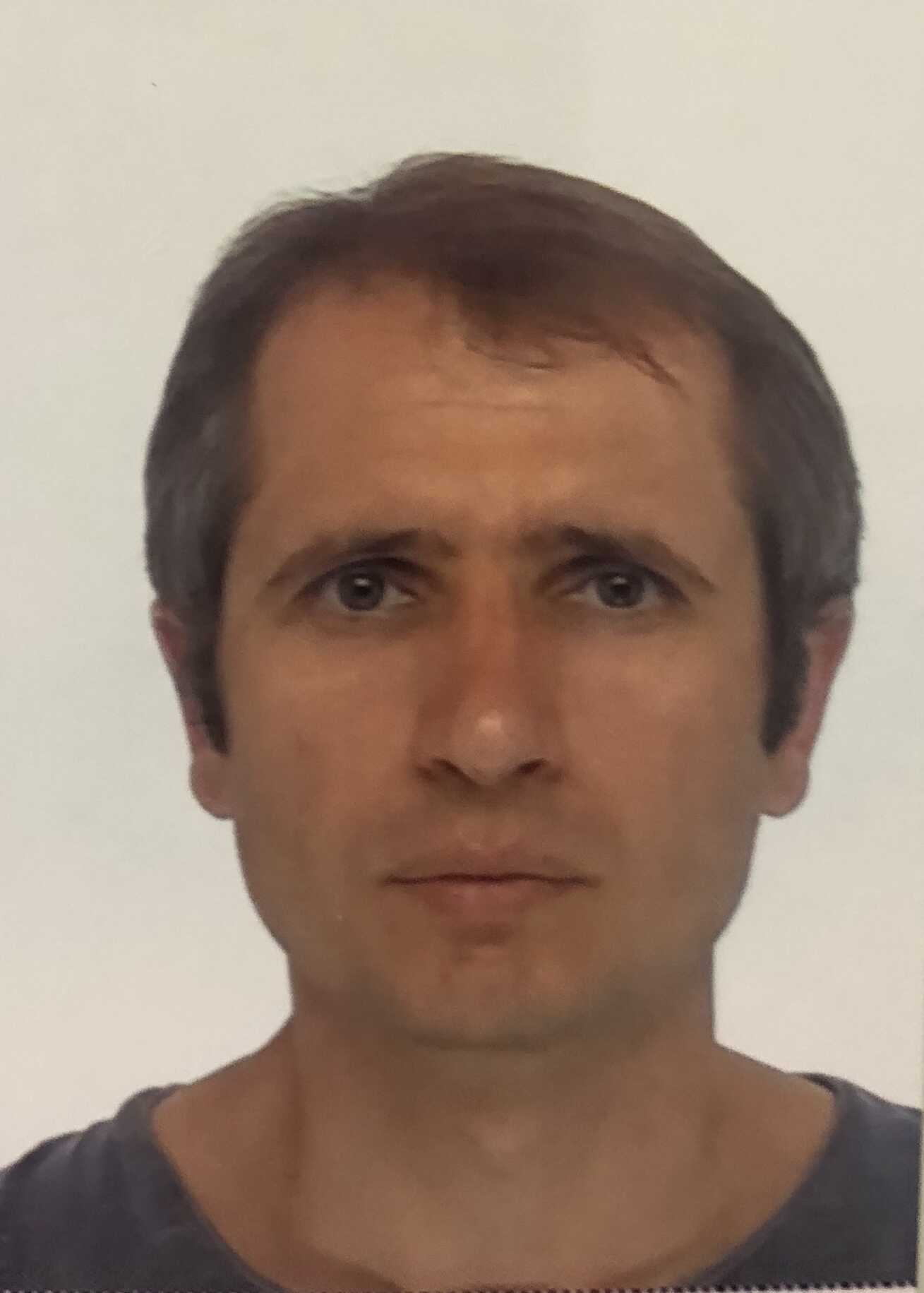
Ali Hürriyetoğlu
Dr. Ali Hürriyetoğlu is a postdoctoral research fellow at Koc University in the ERC projects “Emerging Welfare” (EMW) and “Social ComQuant: Excelling in Computational and Quantitative Social Sciences in Turkey”. He is performing research and coordinating the work-package related to automatically collecting a multi-country and multilingual protest events (contentious politics) database from local news sources in EMW. He is responsible from computational social science aspects in the Social ComQuant Project. He teaches text mining and Social Sciences and Computing related courses. Mr. Hürriyetoğlu performed research on extracting actionable information from social media in the scope of his Ph.D. studies. He has been working in industrial, governmental, and academic settings to process news and social media text in various domains throughout his career. His recent research focus is on the robustness and the generalizability of text processing systems across contexts.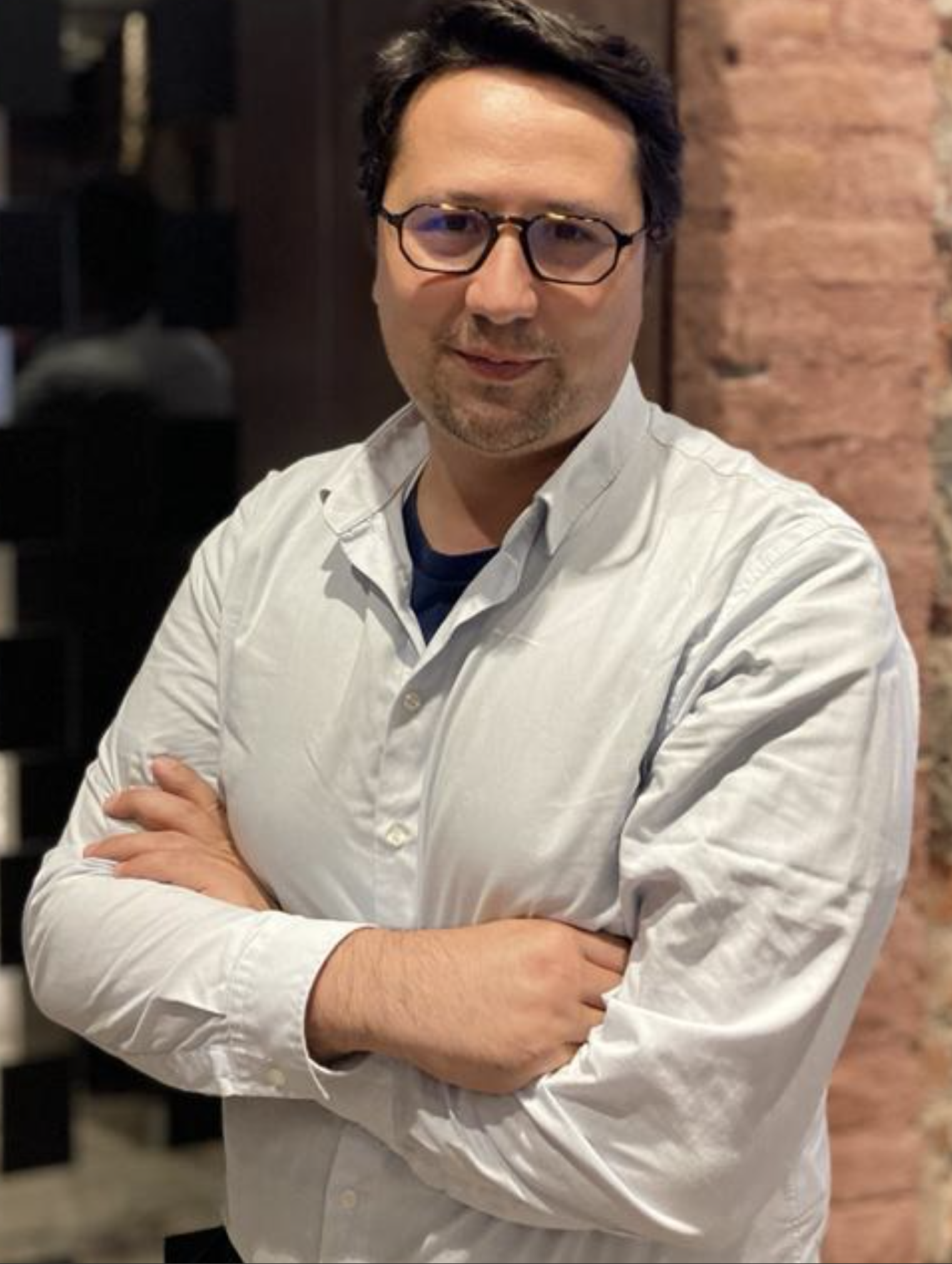
Uzay Çetin
Uzay Çetin received his master’s degree in artificial intelligence from Pierre and Marie Curie University and his doctoral degree in complex systems from Bogazici University Computer Engineering Department. He is a faculty member in Galatasaray University Computer Engineering department, and he is co-founder of Summarify. He organizes free machine learning courses to young people in Sarıyer Municipality and he works as a ML consultant with different firms. He also organizes multi-disciplinary workshops on complex systems and data science.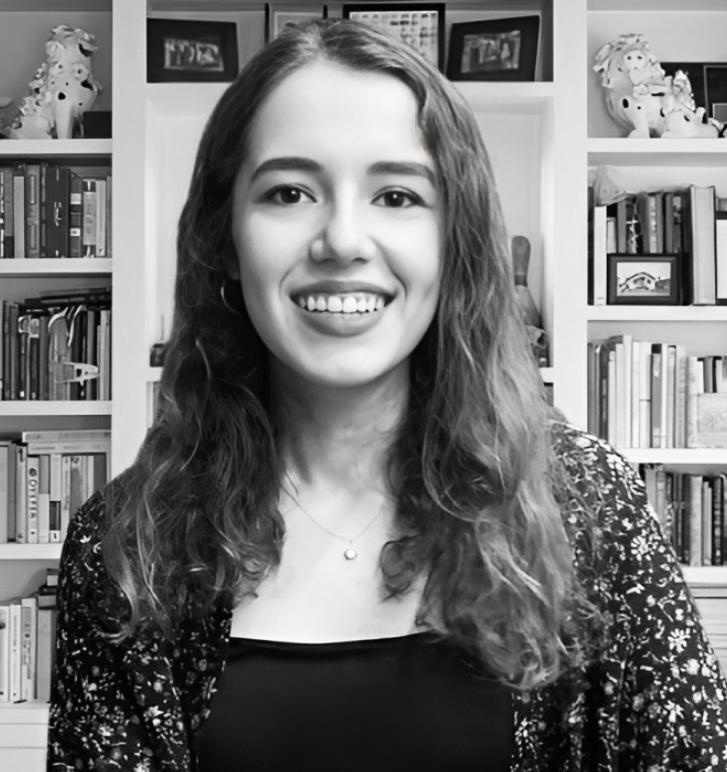
Berfin Baydar
Berfin Baydar is a Ph.D. student at Sabancı University, specializing in Political Science. She will be continuing her doctoral studies at Duke University beginning in Fall 2023. In 2020, she completed her undergraduate studies in Political Science and Public Administration, with a minor degree in International Relations, at Bilkent University. Following that, she successfully obtained her master’s degree in Political Science from Sabancı University in 2022. Her thesis examined the relationship between civil conflict, voter turnout, and the vote shares of insurgent-affiliated and incumbent parties by focusing on the modifying effect of cleavage types. Currently, she is actively engaged in the Istanbul Telephone Directories Project, where she led the creation of a comprehensive dataset from phone directories dating from 1929 to 1955. Before starting her Ph.D. at Sabancı, she served as a research fellow for the World Health Organization. She conducted field research in Shamakhi, Azerbaijan, and contributed to co-authoring a mid-term evaluation report for the PROACT-Care project. Her research interest lies in the intersection of economic institutions, inequality, and minority politics. She examines the impact of economic policies, tax regulations, welfare programs, and public investments on political disparities, with a specific interest in understanding their influence on voting behavior and electoral outcomes.Keynote Speakers
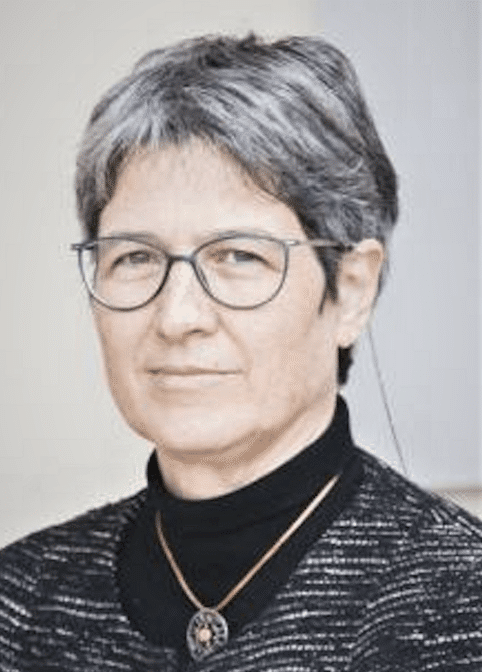
Lale Akarun
Lale Akarun is a professor of Computer Engineering and the director of the Center for Telecommunications and Informatics (http://tetam.boun.edu.tr/en). She received the PhD degree in Electrical Engineering from the Polytechnic School of Engineering of NYU, in 1992. She has been a faculty member at Bogazici University, Istanbul since 1993. She has served as Department Head of Computer Engineering (2010-2012) and Vice Rector for Research (2012-2016). As Vice Rector, her responsibilities included Sponsored Research Projects, Technology Transfer, Incubation Centers and Technoparks of the University. Her research areas are in image processing and computer vision, and in particular, processing of faces and gestures. She has supervised 70 graduate theses and published more than 200 scholarly papers in scientific journals and refereed conferences. She has conducted research projects in biometrics, face recognition, hand gesture recognition, human-computer interaction, and sign language recognition.
Selim Balcısoy
Selim Balcısoy earned his Ph.D. degree in Computer Science at Swiss Federal Institute of Technology, Lausanne (EPFL) in 2001. Between 2001 and 2004, he worked as a Senior Research Engineer at Nokia Research Centre in Dallas, USA. Dr. Balcisoy has been awarded with a U.S.A. patent and is author of over 50 scholarly articles. He conducts research on augmented reality, data visualization, and cultural heritage. Dr. Balcisoy is a full-time faculty member at Sabancı University since 2004 and a cofounder of VisioThink, Inc., established in 2006.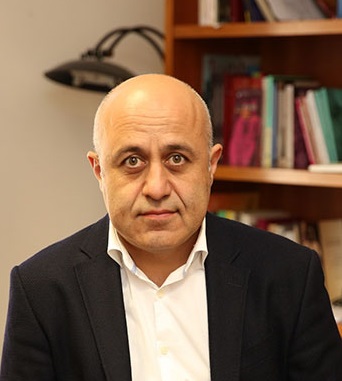
Mustafa Erdem Kabadayı
Dr. M. Erdem Kabadayı obtained his BSc. and MSc. degrees in Economics from the Middle East Technical University (1995) and the University of Vienna (1999), respectively. He gained his Ph.D. in History and Culture of the Middle East and Turkology at the University of Munich (2008). He was awarded the associate professorship in Economic History and the History of Economic Thought by the Inter-University Council of Turkey (2011). Dr. Kabadayi was the principal investigator of the first ERC Starting Grant (UrbanOccupationsOETR) in the economic history of the Ottoman Empire and Turkey (2016-2022). Recently he also gained an ERC Proof of Concept Grant (GeoAI_LULC_Seg) in the joint fields of data science, population geography, remote sensing, and history (2022-2024). His research has been interdisciplinary. Dr. Kabadayi has published individually and collaboratively in disciplines such as history, digital humanities, data sciences, geographical and earth sciences, and ecology.Guest Speakers

Anita Gohdes
Anita Gohdes is Professor of International and Cyber Security at the Hertie School. Her research focuses on contentious politics in the cyber realm, with a current emphasis on large-scale quantitative analyses of state behaviour. Previously, she was Assistant Professor of International Relations at the University of Zurich, and postdoctoral research fellow at Harvard Kennedy School's Belfer Center International Security Program. Since 2009, she has worked for the California-based non-profit organisation Human Rights Data Analysis Group. She currently advises the German Federal Foreign Office, and has consulted for the World Bank and the United Nations on security and state fragility. Her doctoral dissertation (University of Mannheim) was awarded the German Dissertation Award in the Social Sciences by the Körber Foundation, and the Walter Isard Dissertation Award by the Peace Science Society.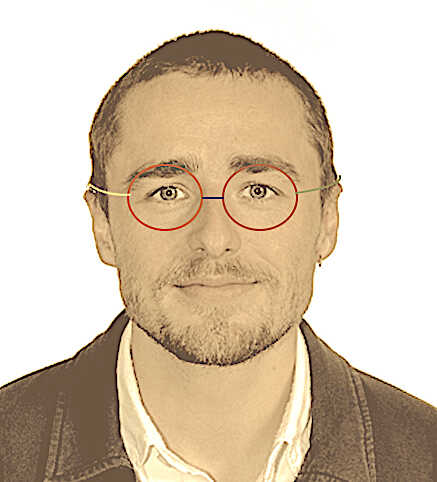
Christopher Barrie
Christopher Barrie is Lecturer in Computational Sociology at the University of Edinburgh. He specializes in the study of protest, conflict, and communication. He is particularly interested in advancing the use of use digital trace, news, and communications data to study populations that have traditionally been 'hard-to-reach' in the empirical social sciences.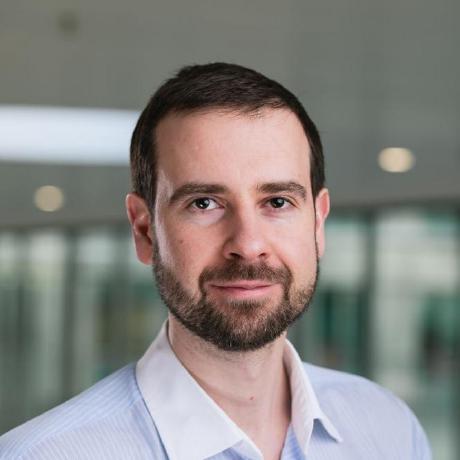
Milos Popovic
He is a leading data visualization specialist on Twitter and a Data Analyst at Booking.com in Amsterdam. He uses R to create maps that make sense of big data. His portfolio includes over 300 maps! According to NodeXL, He is among the Top 10 dataviz and R contributor on Twitter.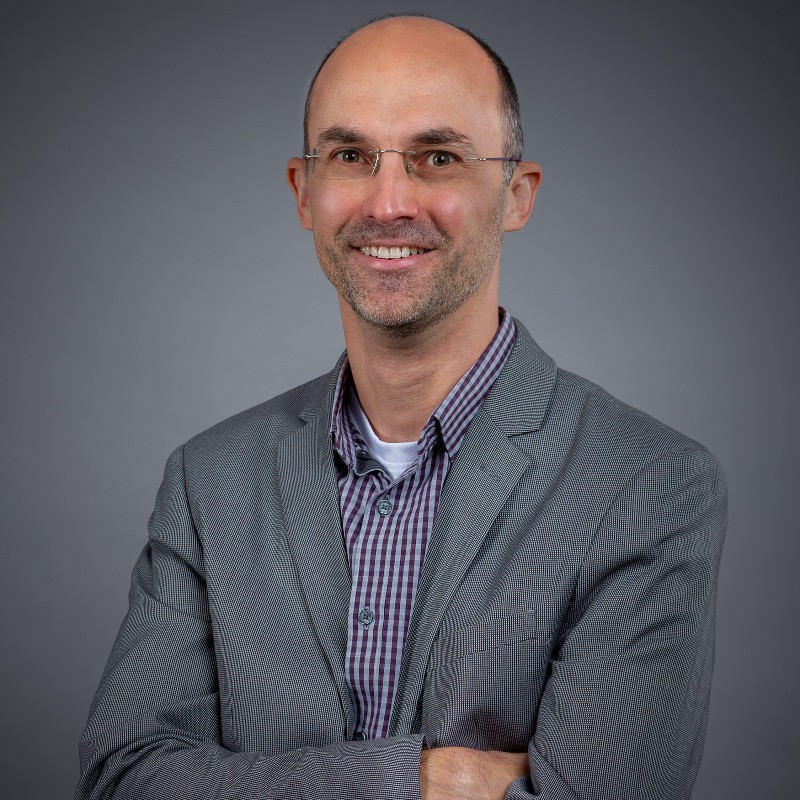
Ingmar Weber
Ingmar is an Alexander von Humboldt Professor in AI at Saarland University. Within the department of computer science, he is currently building up a new team working on “Societal Computing”. This interdisciplinary area comprises (i) computing of society, i.e. the measurement of different social phenomena, in particular using non-traditional data sources, and (ii) computing for society, i.e. working with partners on implementing solutions to help address societal challenges.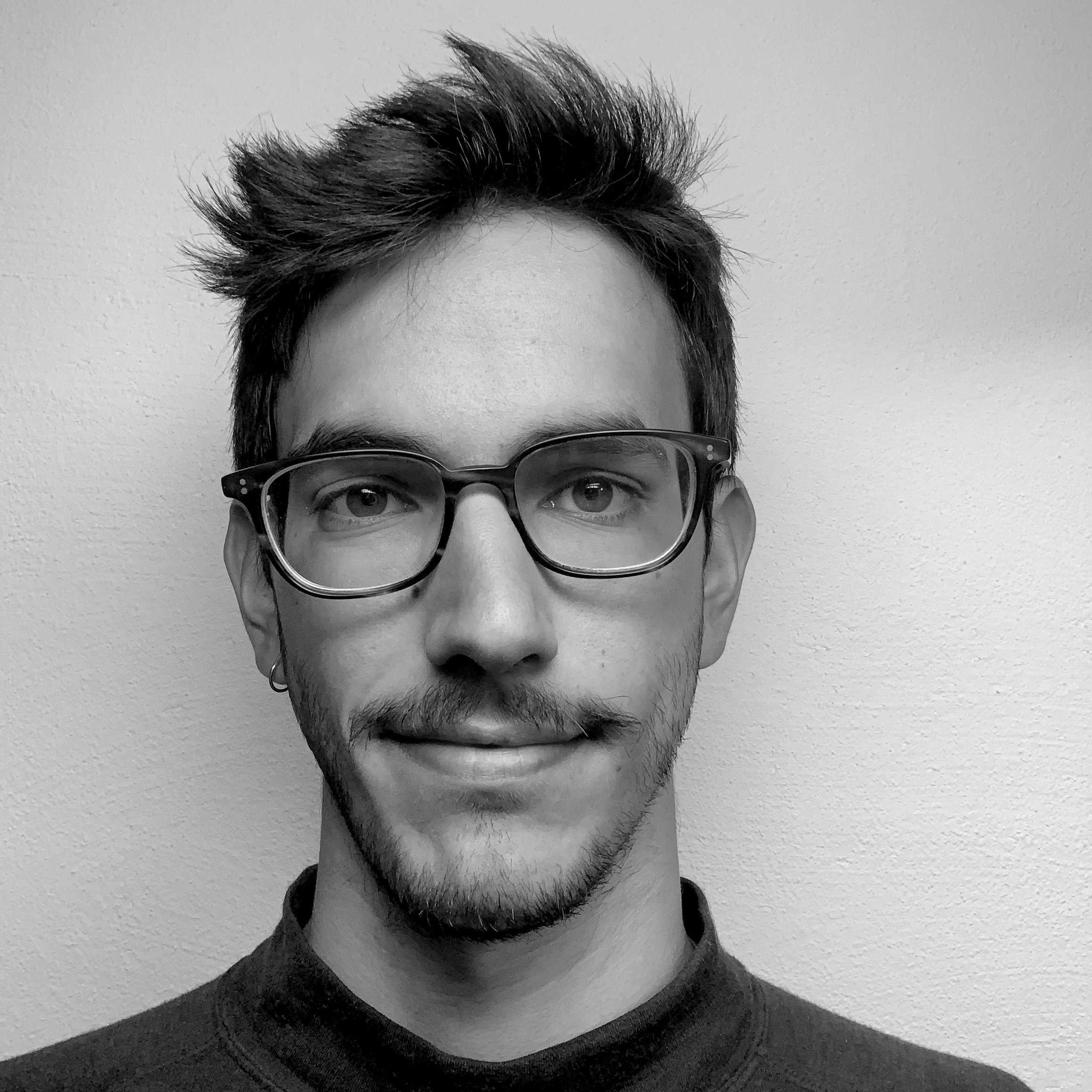
Ollie Ballinger
He is a Lecturer in Geocomputation at the Centre for Advanced Spatial Analysis at University College London. He did his PhD at the Oxford Department for International Development, where his research focuses on developing computational methods for the study of insurgent recruitment in Turkey. He sometimes builds and writes things for Bellingcat, where he is a Tech Fellow. He is a big fan of satellites and strange datasets.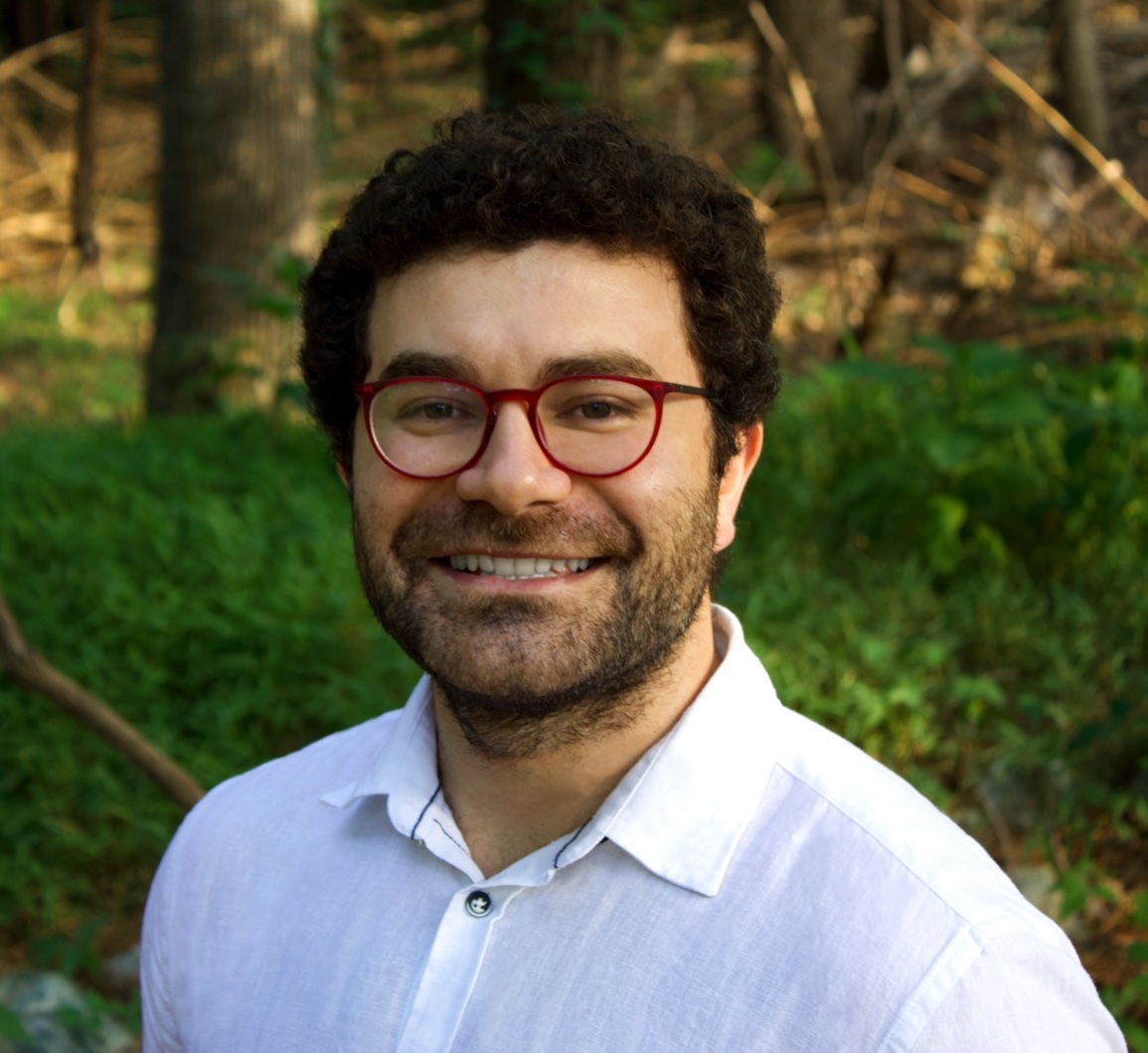
Serkant Adıgüzel
Serkant Adıgüzel is an assistant professor of political science at Sabancı University and a non-resident research fellow at Harvard Kennedy School’s Middle East Initiative. He is also part of the Machine Learning for Peace project, which aims to identify shifts in civic space in real-time worldwide. He obtained his Ph.D. in Political Science from Duke University in 2022. His research interests lie at the intersection of the political economy of democratic backsliding, digital media, and public services. His research focuses on two mechanisms through which autocrats build and maintain support: first, their attempts to capture the media and the resulting media bias, and second, the strategic deployment of public services. His research has appeared in journals such as the Journal of Politics, New Perspectives on Turkey, and Journal of Political Institutions and Political Economy.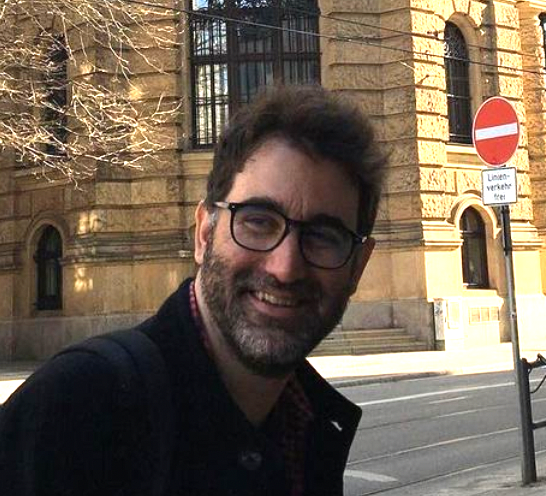
Mert Küçük
Mert is a graduate of Computer Science from Bilkent University, which he successfully completed in 2011. His startup was granted acceptance into the prestigious Y Combinator, a renowned startup accelerator program. With a versatile skill set and extensive expertise in the fields of Computer Vision and Entrepreneurship, Mert has held prominent positions as the Head of AI for several forward-thinking startups, where his contributions have significantly influenced their growth and success. Presently, Mert serves as the Head of AI at Oda Studio, where he continues to lead cutting-edge solutions in computer vision, image analysis, and object detection.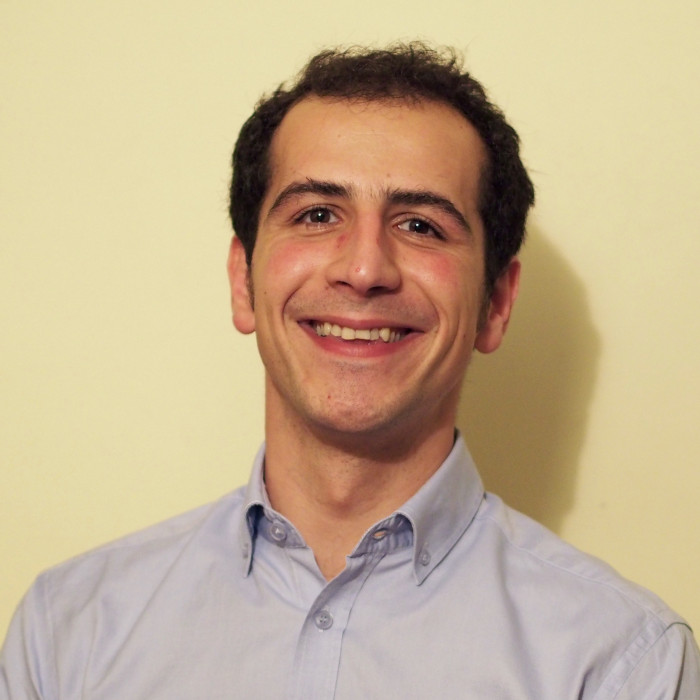
Ergin Selim Gonen
Ergin Selim Gönen holds an undergraduate degree in Electrical and Electronics Engineering with a specialization in Control Theory from Bilkent University in 2006. In 2008, he completed an MBA degree at Sabancı University. His professional background encompasses strategy consulting, sales, software development, and entrepreneurship in companies that specialize in computer vision and synthetic image data. Currently, Selim is the founder of Mirage, where he focuses on the generation of synthetic image data using 3D rendering techniques. As the founder of Mirage, Selim is intimately involved in international computer vision projects, current frontiers in synthetic data and most key use cases of 3D rendering in industry applications.Alumni Speakers
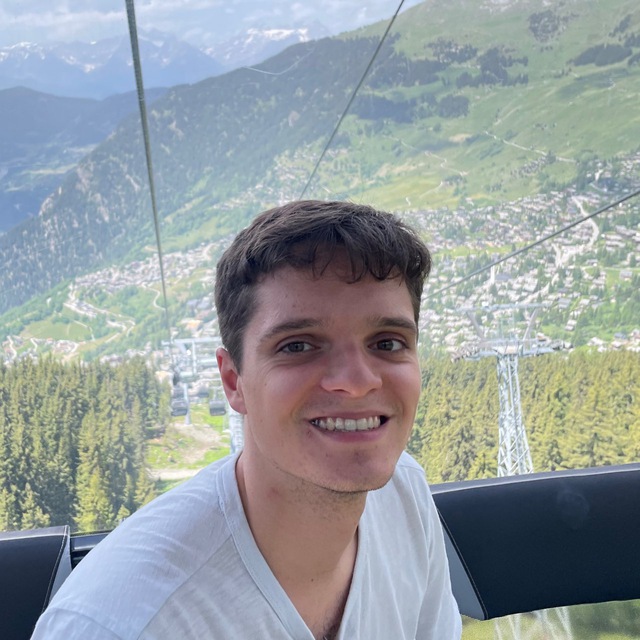
Veniamin Veselovsky
Veniamin Veselovsky is a research scholar at EPFL Data Science Lab working with Prof. Robert West on aligning AI for human needs. His recent work has focused on generating human-like synthetic data and monitoring LLM usage across various industries -like crowd work. In the past, Veniamin worked at the University of Toronto with Prof. Ashton Anderson building embedding techniques for Reddit and predicting affiliation on OpenStreetMap. He has presented this research both to academia at conferences like ICWSM, IC2S2, CSCW, and to industry -Google. In September, he will join the Max Planck Institute in Germany to work alongside Prof. Ingmar Weber.Participants

Dilge Iris Girgin
Dilge Iris Girgin is an upcoming PhD student at the University of Chicago, with a background in International Relations and Sociology. She completed her MPhil in Politics and International Studies from the University of Cambridge and currently serves as a research associate at the CFPPR. Her research interests include the study of transnational repression.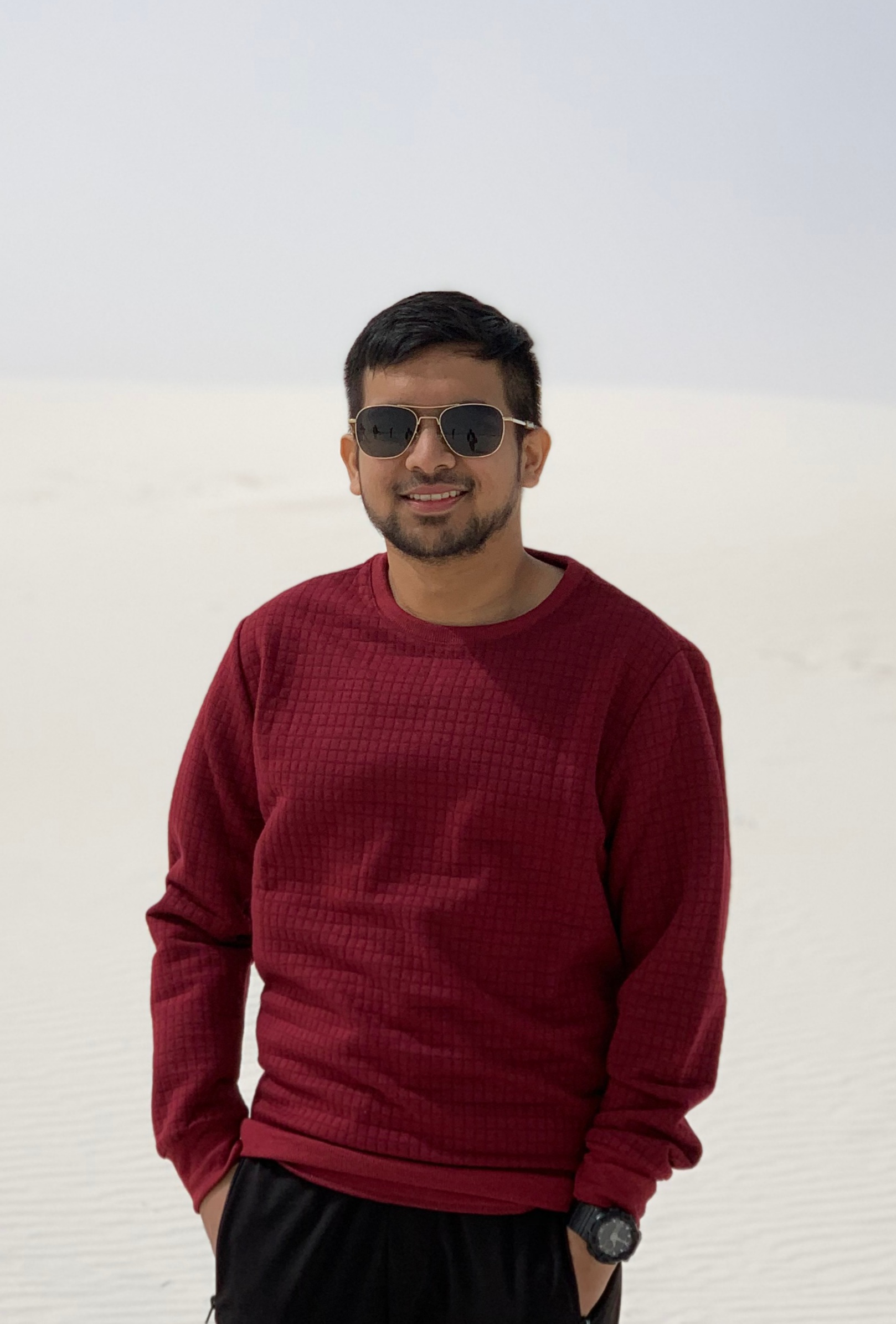
Jawwad Shadman Siddique
Jawwad Shadman Siddique is a software engineer and machine learning researcher with expertise in data cleaning, data mining, knowledge graph, and natural language processing. He is passionate about generating innovative ideas and developing end-to-end products. Jawwad has worked on various projects, including building a recommendation system for flood monitoring in Texas, designing mapping functions to identify water accumulation areas, and developing a web analytic tool for machine learning and energy education. He is currently involved in developing a social network map to identify research interests for novice researchers. Jawwad holds a B.Sc in Civil Engineering from Bangladesh University of Engineering & Technology and an M.Sc in Civil Engineering from Texas Tech University. During his time at Texas Tech University, he worked as a graduate research assistant at the water resources center. Jawwad has gained international exposure through his participation in conferences and projects, which has shaped his global problem-solving mindset. He has received training from esteemed accelerators and incubation programs such as Watson Institute, Startup Istanbul, and UNLEASH. His startup, 'Waste-Bin,' has been recognized by Etohum, a prominent incubator and angel investment hub in Turkey.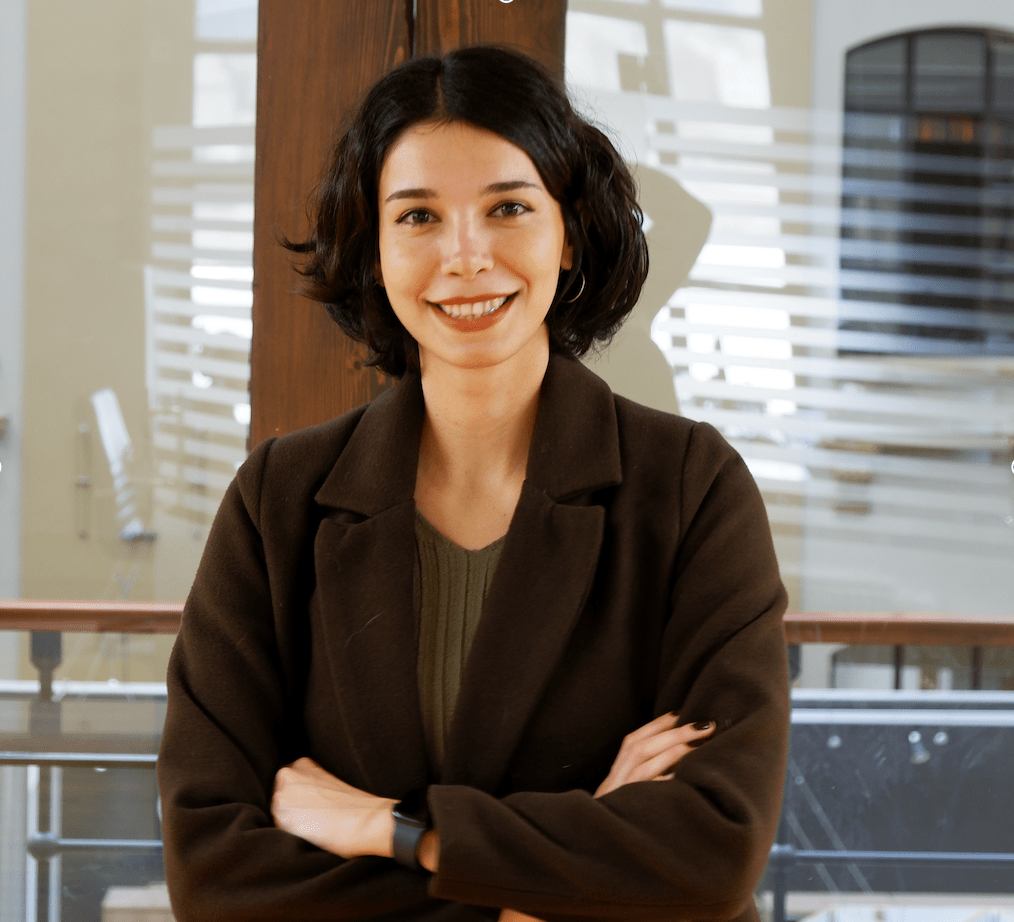
İlayda Velioğlu
I am a psychological science master's student and mainly interested in morality. I find using R in my research projects enjoyable and rewarding.
Gün Ünal
Gün Ünal is a Ph.D. student at Ankara University, Department of Political Science. She has an MA degree in International Relations from Hacettepe University, and BA in International Relations from Bilkent University. She previously worked as a Junior Researcher for a think tank and is an alumni of 2019 MENA Workshops held by DGAP German Council for Foreign Relations in Berlin and Rabad. Her research areas cover a broad spectrum of human security studies and qualitative social research, she is interested in pathway analysis.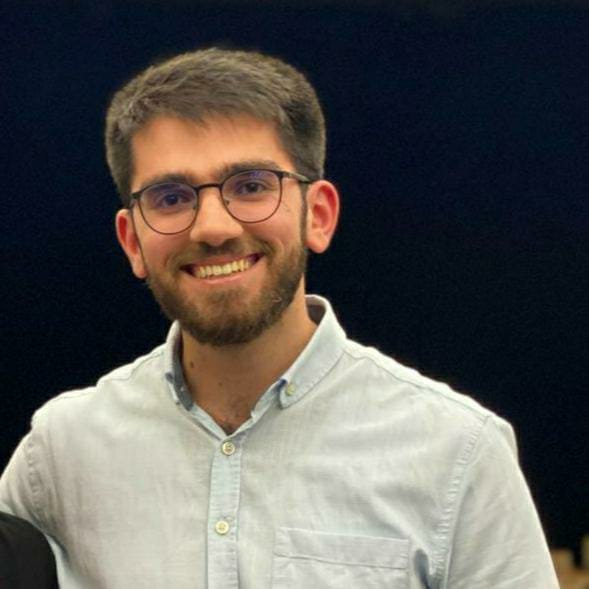
Yasser Zouzou
Yasser is a Data Science MSc student at Sabanci University and a researcher in Viral lab. He is currently working on social media data analysis, focusing on the upcoming elections in Turkiye. His main contribution in the lab is in detecting anomalies in Twitter followers using unsupervised approaches. His field of interest is detecting, analyzing, and mitigating online misbehavior.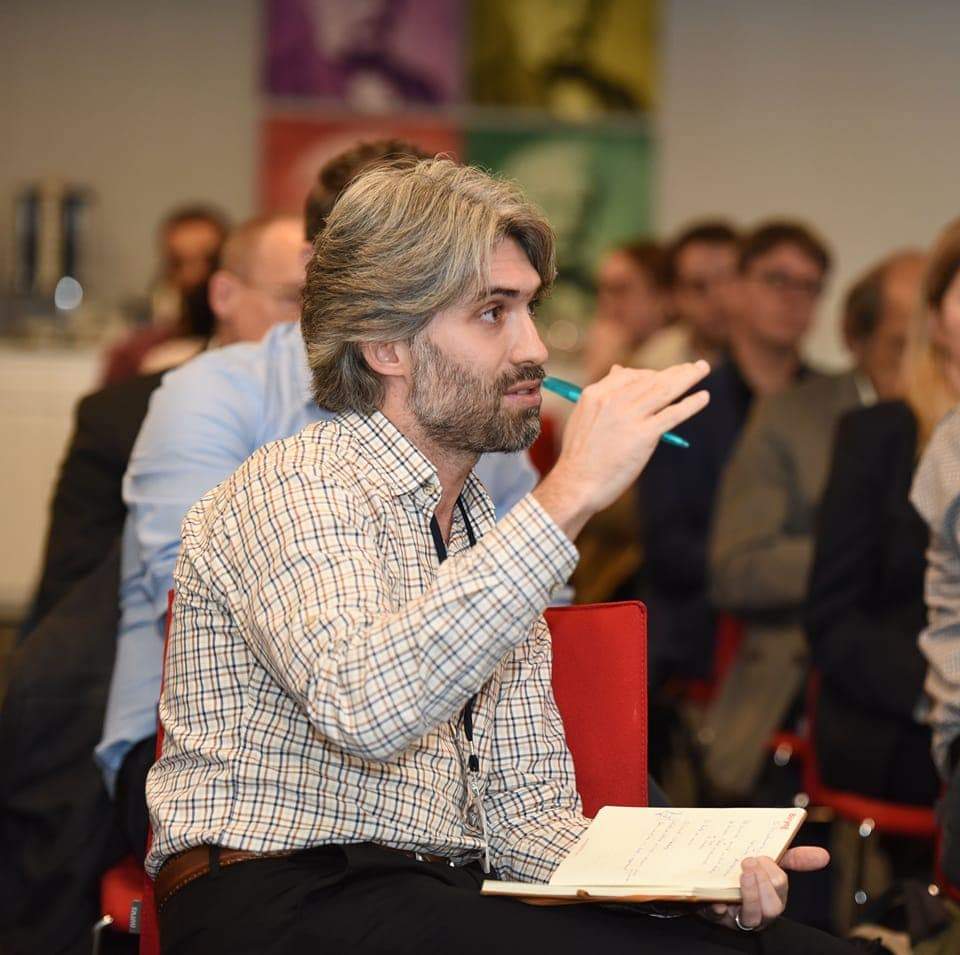
Mustafa Murat Cerit
M. Murat Cerit is a research assistant in marketing at Turkish-German University, Department of Business Administration. He has a bachelor's degree from Istanbul University (2008). After working a couple of years in the industry as international sales and marketing executive, he moved to Germany to study for a master's degree thanks to a scholarship from the Ministry of National Education of the Republic of Turkey and completed the study in Business Administration at the University of Bremen (2017). He is currently a PhD candidate at Istanbul Technical University's Department of Business Administration. He focuses on brand messages published on Twitter and works with certain text analysis methods in order to understand how marketing professionals have changed their marketing communication language during the global pandemic.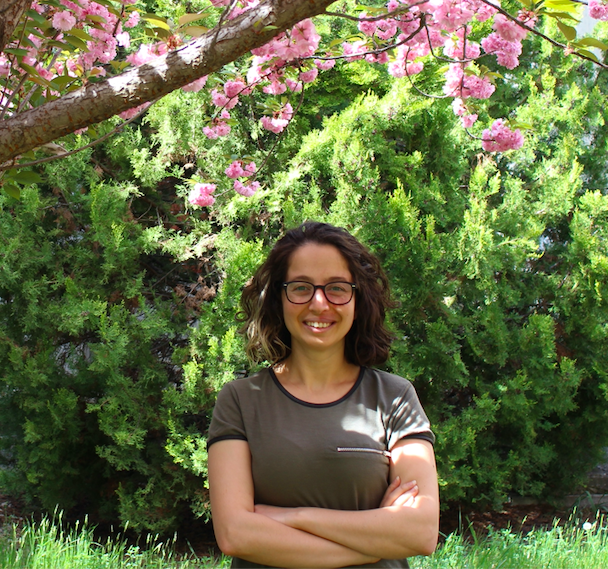
Esra Çengel
Esra Çengel is a research assistant and Ph.D. candidate in the Department of International Relations at Middle East Technical University (METU). She obtained a Bachelor's degree in International Relations and a Minor degree in German Language from METU. Esra earned her Master's degree from the Department of European Studies at METU with her thesis entitled 'The Greek Political Elite and the European Identity: Impact of the Debt Crisis' in 2018. Her current doctoral research focuses on the history of American-Turkish relations, examining the influence of people-to-people interactions on the political, economic, and cultural ties between the two countries. Her research interests include foreign policy analysis, nationalism, and gender. Esra is particularly interested in data-driven approaches and quantitative methodology in the field of international relations.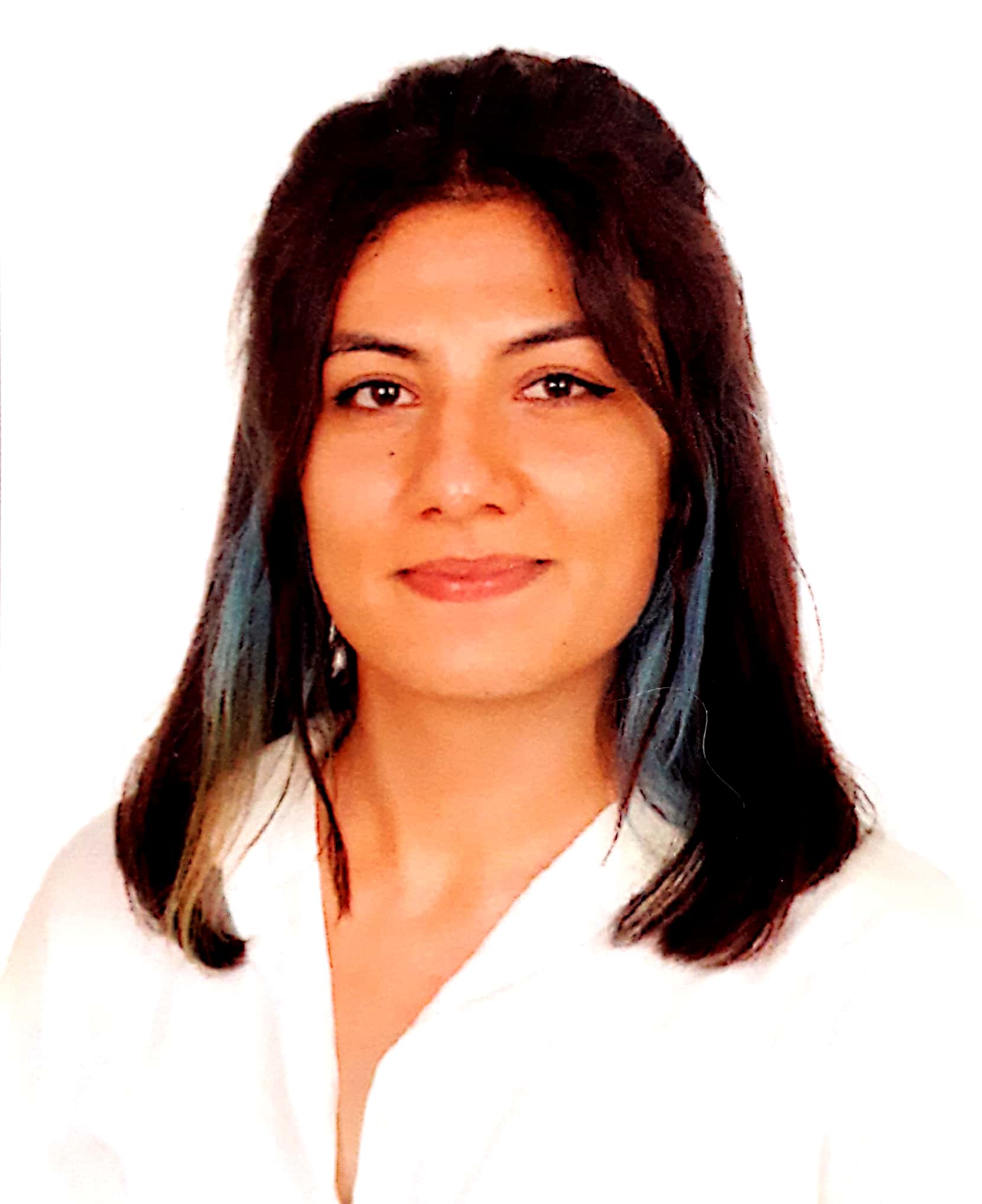
Neslihan Gurler
Neslihan Gurler, graduated from Hacettepe University Department of Sociology and she is a master student in Applied Data Science at TED University. Her main area of interest is an interdisciplinary field where software and sociology are together and combines social science and natural science methodologies. Thanks to the her learning objective, she study with social sciences methodology, especially computational methods, data analysis, machine learning (ML) and artificial intelligent (AI). She is one of the founders of a start-up called NOTAR Research and Analytics within the framework of her domain. She is also working with Hacettepe University Demography Institute for the TUBITAK project.
Cihan Hulagu
Cihan graduated from Bogazici University, where he studied Psychological Guidance and Counseling. He has an interest in personality theories and social network analysis. He completed his research project on a bivariate correlational study that explored the relationship between personality types and movie preferences. His most recent research interests focus on social network analysis and the motivations behind social media use. He studies co-following relations on Twitter to understand the motives behind the ways we choose to collect information.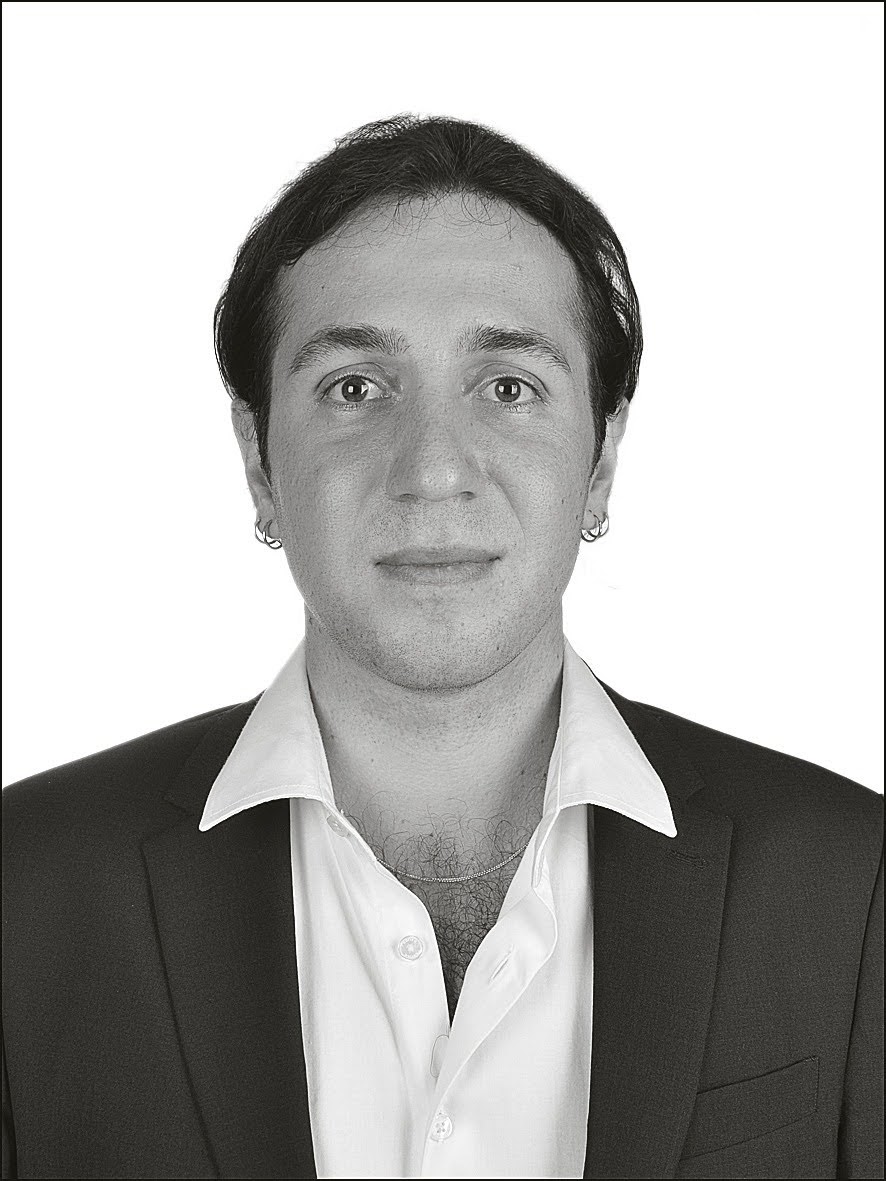
Süleyman Barış Başaran
Suleyman Baris is a second-year master's student in Computational Social Science at Koc University, with a solid background in Political Sciences. His current research focuses on exploring the relationship between urban growth, environmental quality, and overall satisfaction with life. Using advanced techniques such as Geographic Information System (GIS) and Natural Language Processing (NLP), he analyzes vast amounts of data from various sources, including call center data and social media platforms. In those projects, he utilizes innovative methods like time series and geospatial analysis, as well as topic modeling and sentiment analysis. Through his research, Suleyman hopes to contribute to the development of evidence-based policies that can improve the quality of life in urban areas.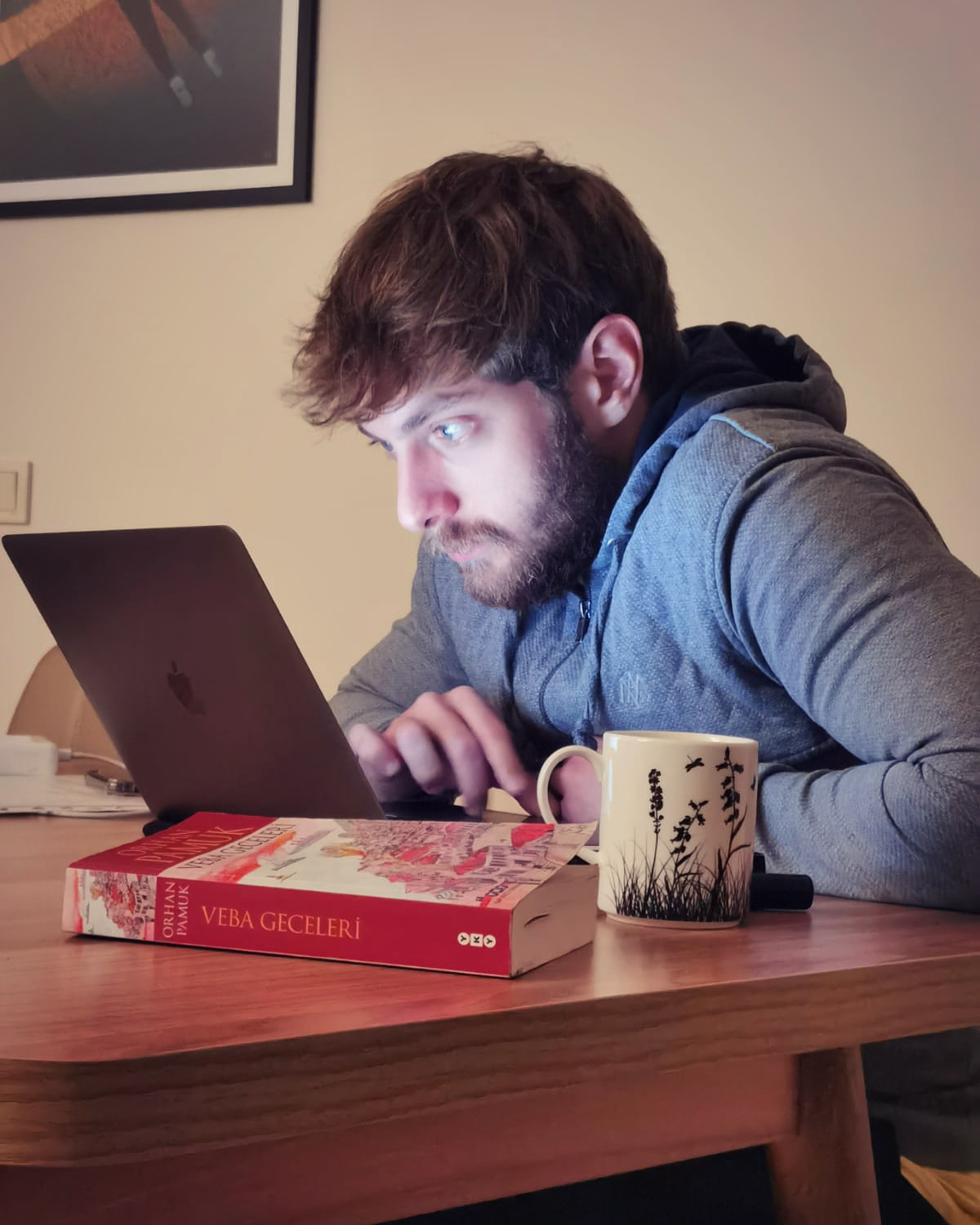
İsa Ali Demir
Ali is an M.A. student in the department of International Relations at Koç University. He holds a B.A. degree in Political Science and International Relations from Boğaziçi University. His research interest lies in the intersection of computational research methods and affective polarization. Specifically, conceptualizing polarization as a geographically distributed phenomenon, he investigates the geographical drivers of affective polarization in Turkey. Prior to graduate school, he participated in several research projects and worked in policy centers as a research intern. Currently, he works as a research assistant in a Tubitak project where he computes textual analysis on speeches of Turkish political party leaders. He is heavily interested in computational research methods such as geospatial analysis and natural language process.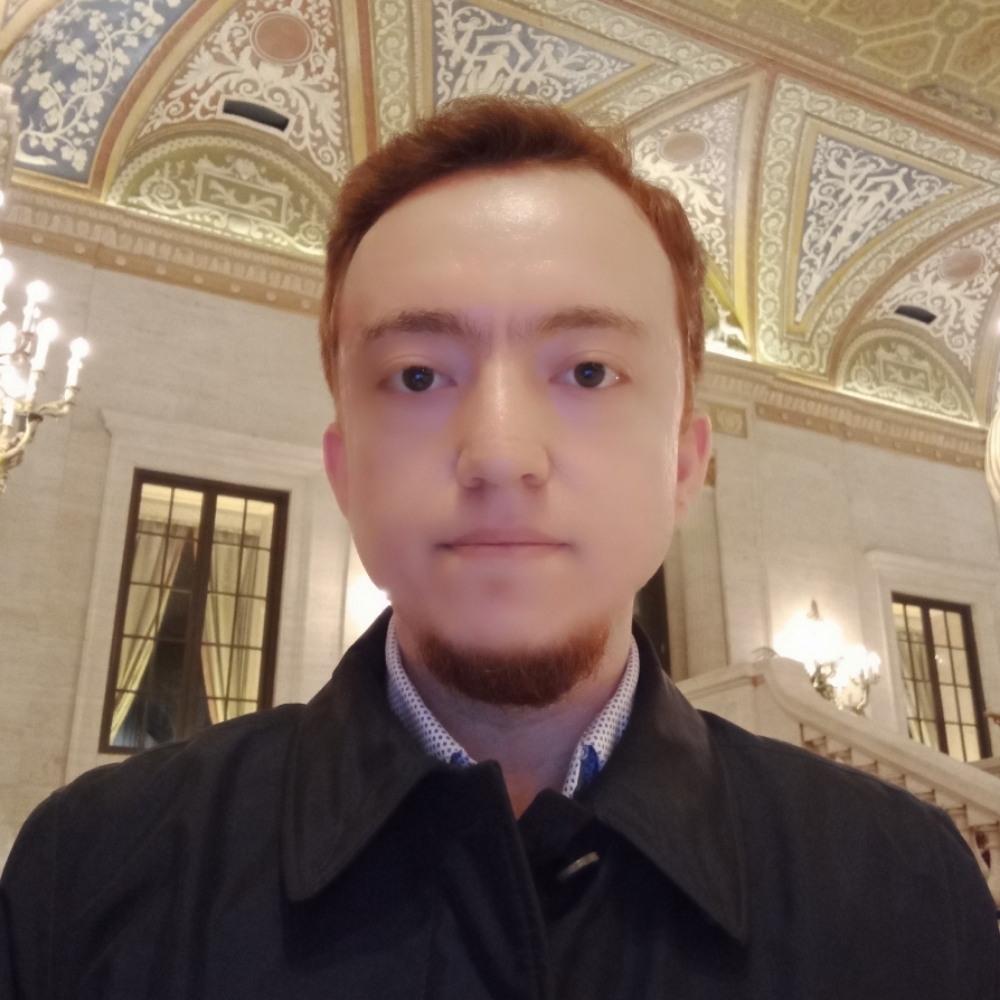
Ahmet Ergurum
Ahmet Ergurum is a Political Science Ph.D. student at the University of Wisconsin-Milwaukee. His research interests include foreign policy analysis, conflict, civil wars, international security, and emerging technologies. His current research focuses on rebel groups, foreign policy decision-making of MENA leaders, and Blockchain policies of great powers. He received his Bachelor of Arts degree in International Relations from Bilkent University. He completed his Master of Arts degree in International Relations at Bilkent University. He is interested in text analysis, causal inference, quantitative methods, and computational social science.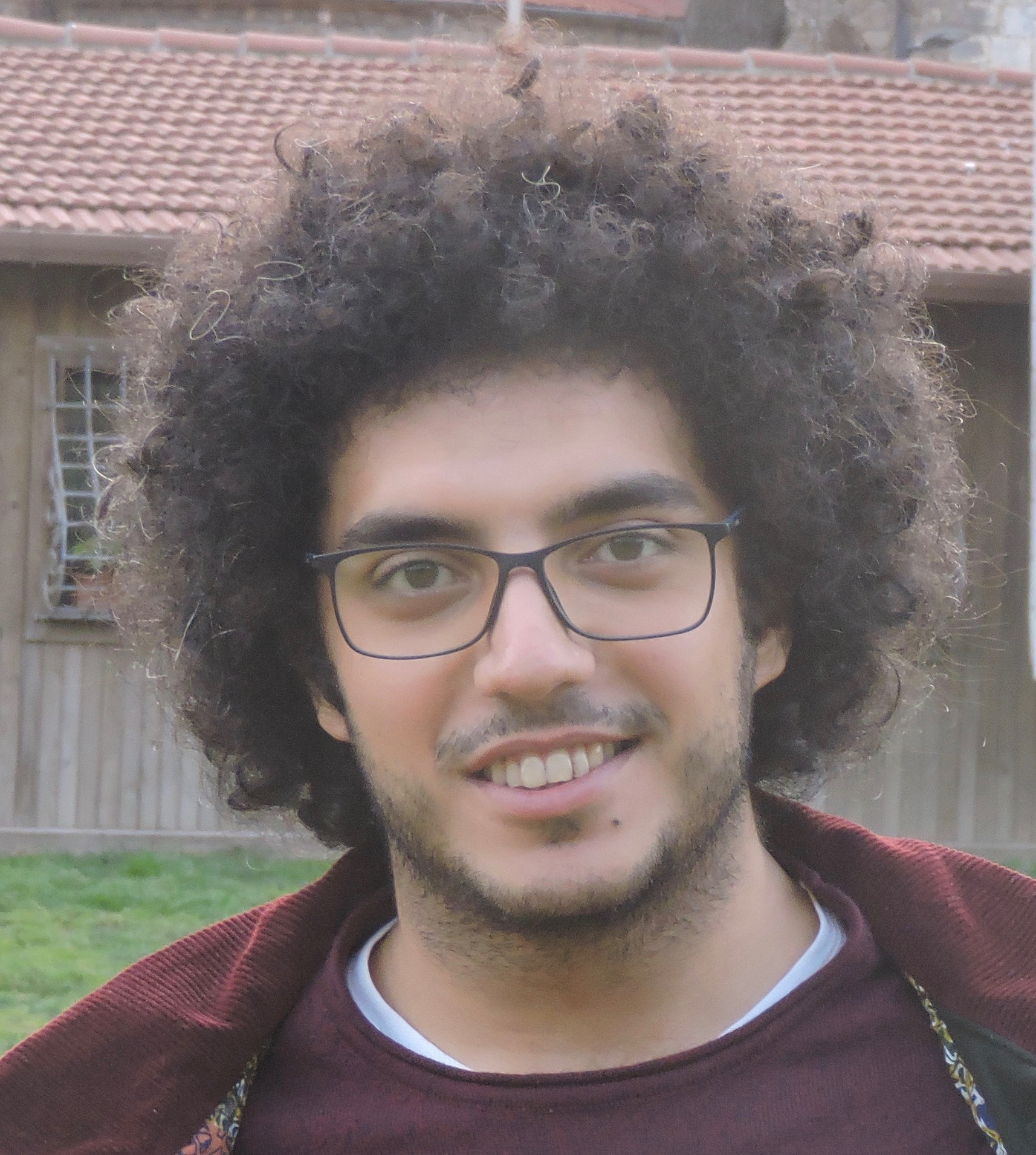
Benan Kazdağlı
Benan is a PhD student in History at Boğaziçi University. He earned his B.Sc. in Economics from Galatasaray University; and his MA in History from Istanbul 29 May University. His master's thesis was on the 18th-century grain merchants of Istanbul. His Ph.D. research will focus on grain markets of the 18th century with an attempt to go beyond the price fluctuations and study the ways in which the social and physical aspects of the markets affect the practices of exchanges. His interests revolve around the concept of market. To understand it better, he seeks to learn the methods offered by the computational social sciences.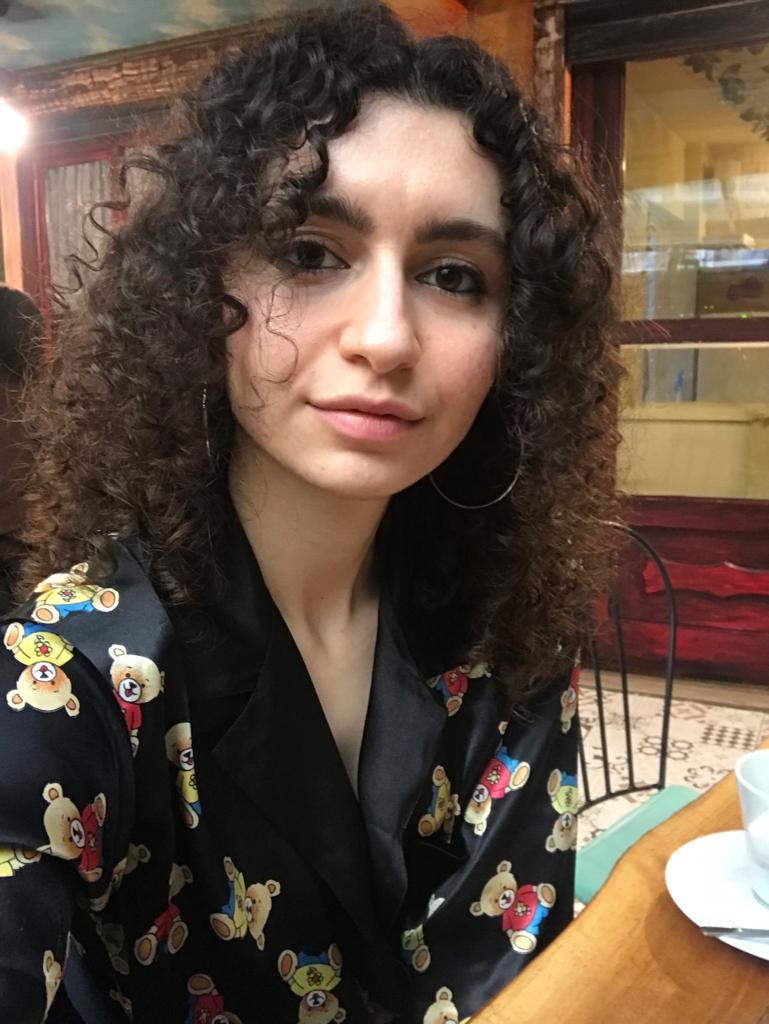
Sudenur Koyuncu
Sudenur is in her last year of International Relations department in English at Ankara Hacı Bayram Veli University. During studying, she realized her interest in technology and aimed to use technology in International Relations related fields in her career. She was selected to and completed Data Science for Social Good Bootcamp which was sponsored by CADS@TEDU and Kodluyoruz. She also writes on a variety of topics for the Gelecek Bilimde (the Future is in Science) blog. Her interests are social data science, international organizations, international political economy, international development and energy diplomacy.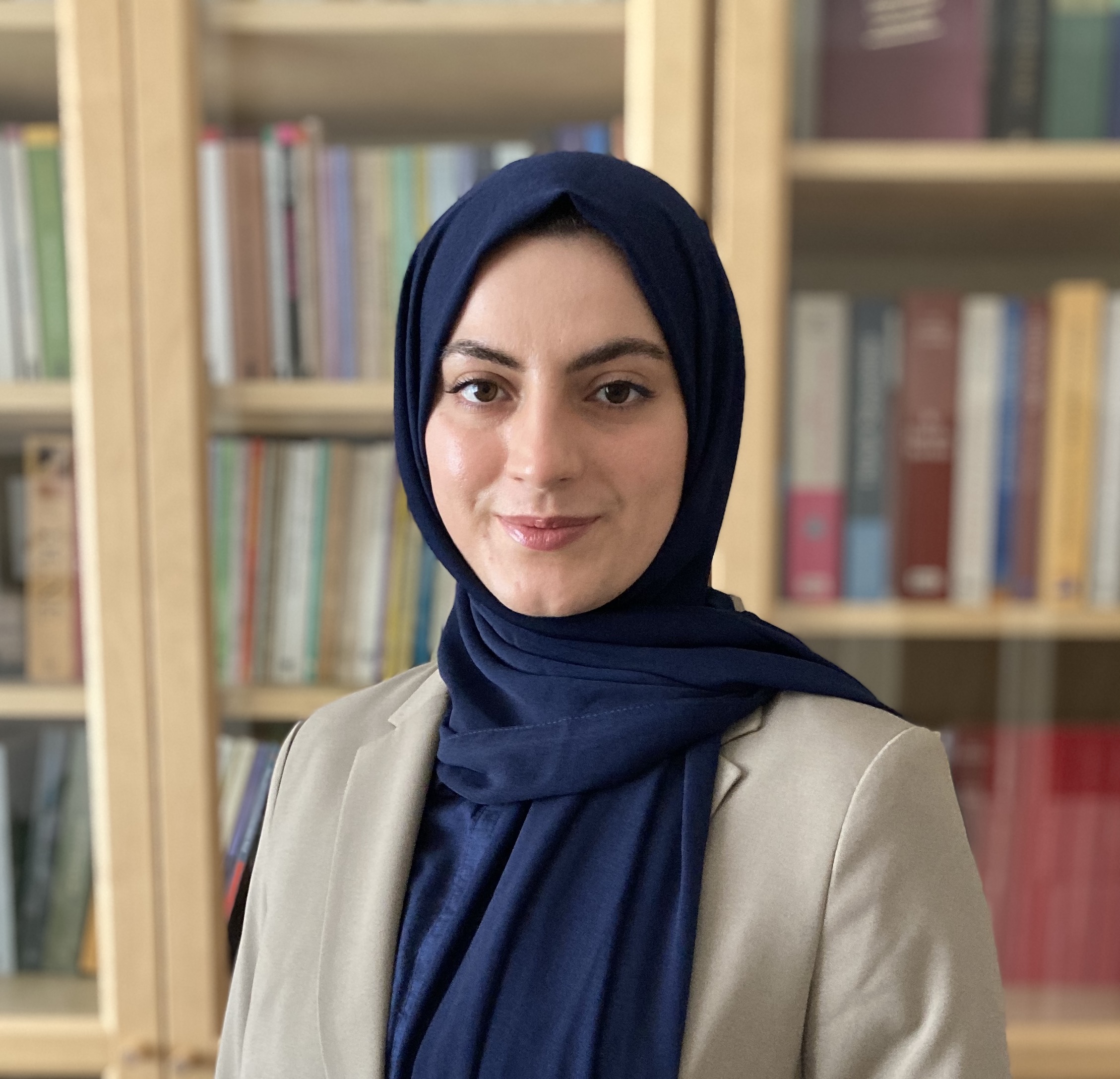
Azade Eryiğit
Azade Eryiğit is a PhD candidate in International Relations at Kadir Has University and a Research Assistant at Özyeğin University. She has a broad interest in critical security studies, foreign policy analysis, and social media analysis using NLP methods. She earned her BA degree in Political Sciences and International Relations from Şehir University and began her MA studies there. She completed her MA degree at Marmara University, where she wrote a thesis on the theory of securitization and its application in social media analysis.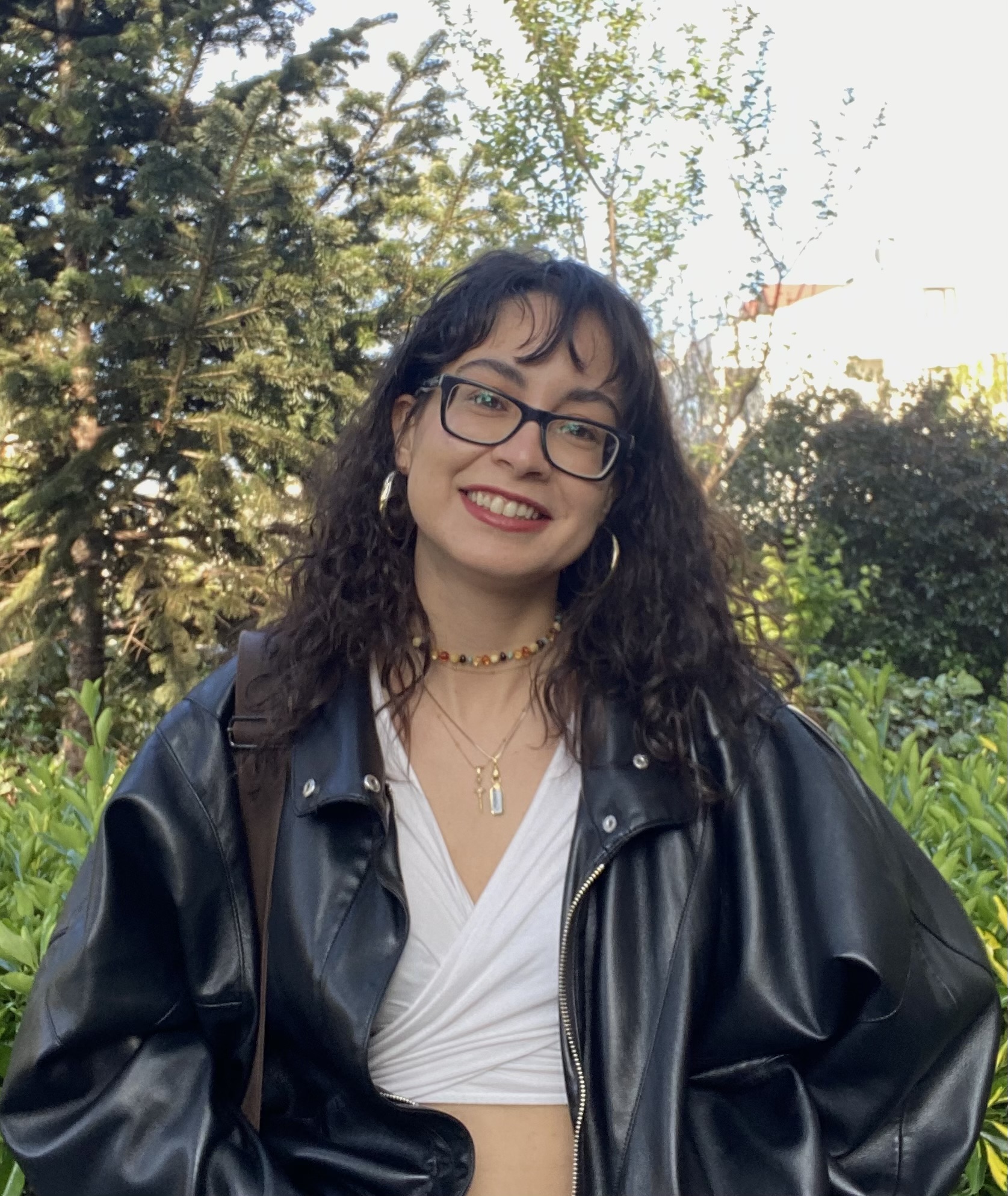
Yağmur Çağatay
Yağmur Çağatay is an MA student in the Sociology Department at Boğaziçi University, where she also works as a research assistant. As part of her master’s thesis, she currently works on sexual harassment at universities and disclosures thereof. Her research interests revolve around the sociology of sexuality, social networks, and information diffusion, with a touch of film studies.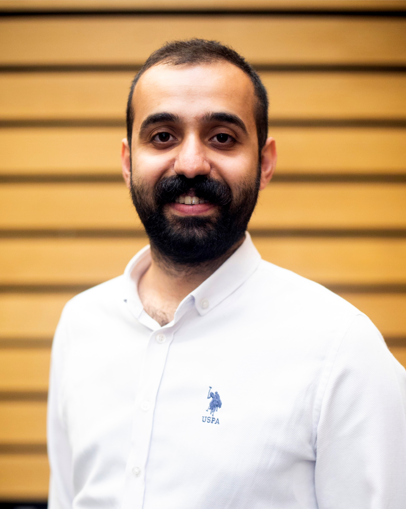
Ozancan Ozdemir
Ozancan Ozdemir, who graduated with a bachelor's degree in Statistics from Middle East Technical University (METU) in 2017 and with a master's degree in Statistics in 2020, as a valedictorian in both, is currently pursuing his PhD in the same department. Since 2017, he has been working as a research assistant at the METU Statistics Department and is also a co-founder of the data journalism website VeriPie. His research interests include time series forecasting, deep learning applications, data visualization, text mining, natural language processing, and election forecasting.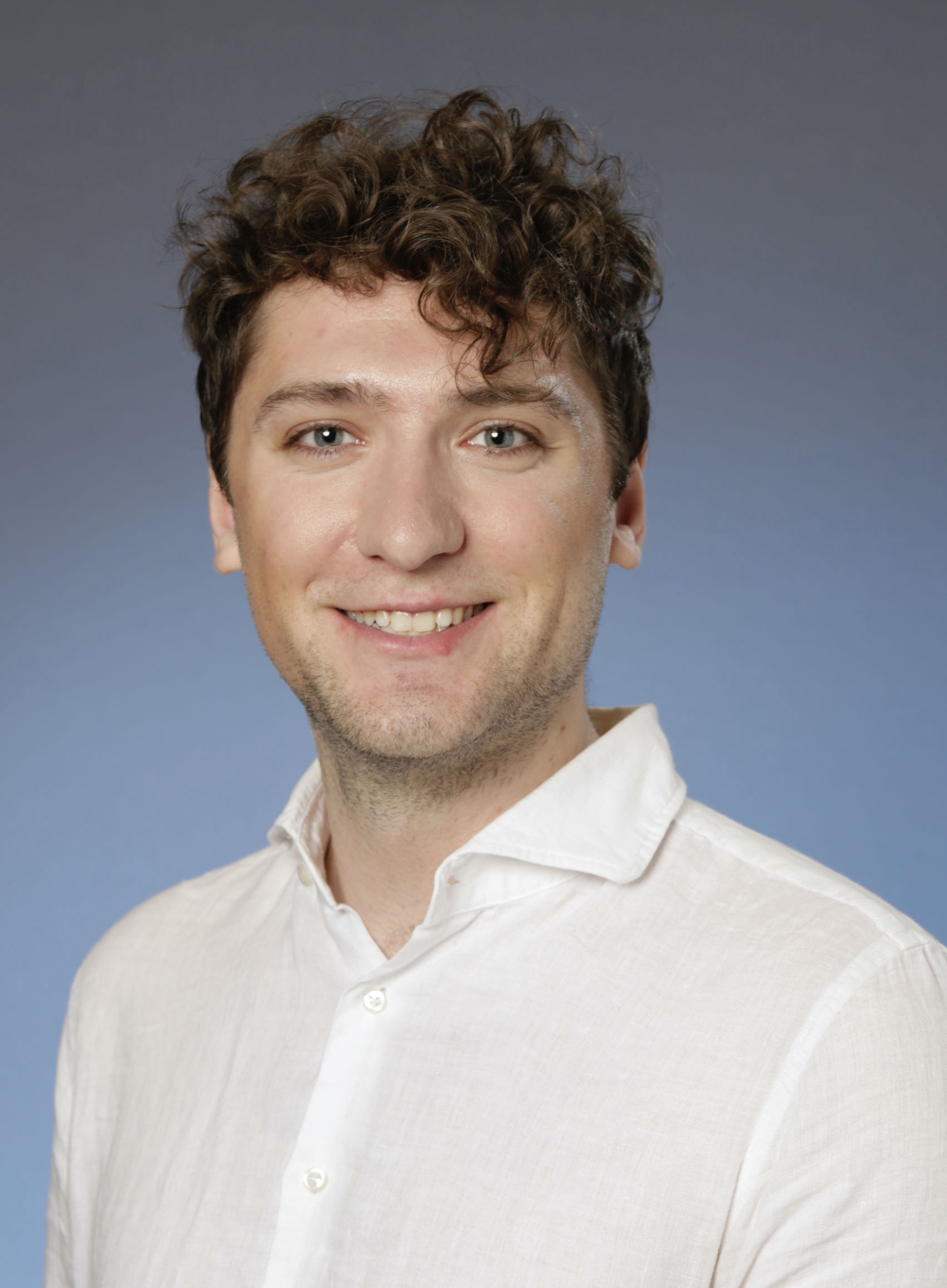
Leon Oliver Wolf
Currently, I am pursuing a Master's degree in Social Scientific Data Analysis that focuses on statistical analysis and modeling. Through the graduate school I have gained in-depth knowledge of research puzzles, Application Programming Interfaces (APIs), and ethical considerations in data analysis. At the University of Maastricht, I completed an interdisciplinary Bachelor's degree in European Studies that placed a strong emphasis on Problem-Based-Learning (PBL) methods. Through this program, I developed a solid academic foundation in political science, among other related fields. I have a keen interest in utilizing data analysis to gain insights into complex socio-economic and socio-political phenomenas and am committed to continuously enhancing my skills and knowledge in this field. I aim to build upon my existing knowledge by conducting theory-led, comparative empirical analyses on politics and policy-making, with a specific focus on promoting the common good.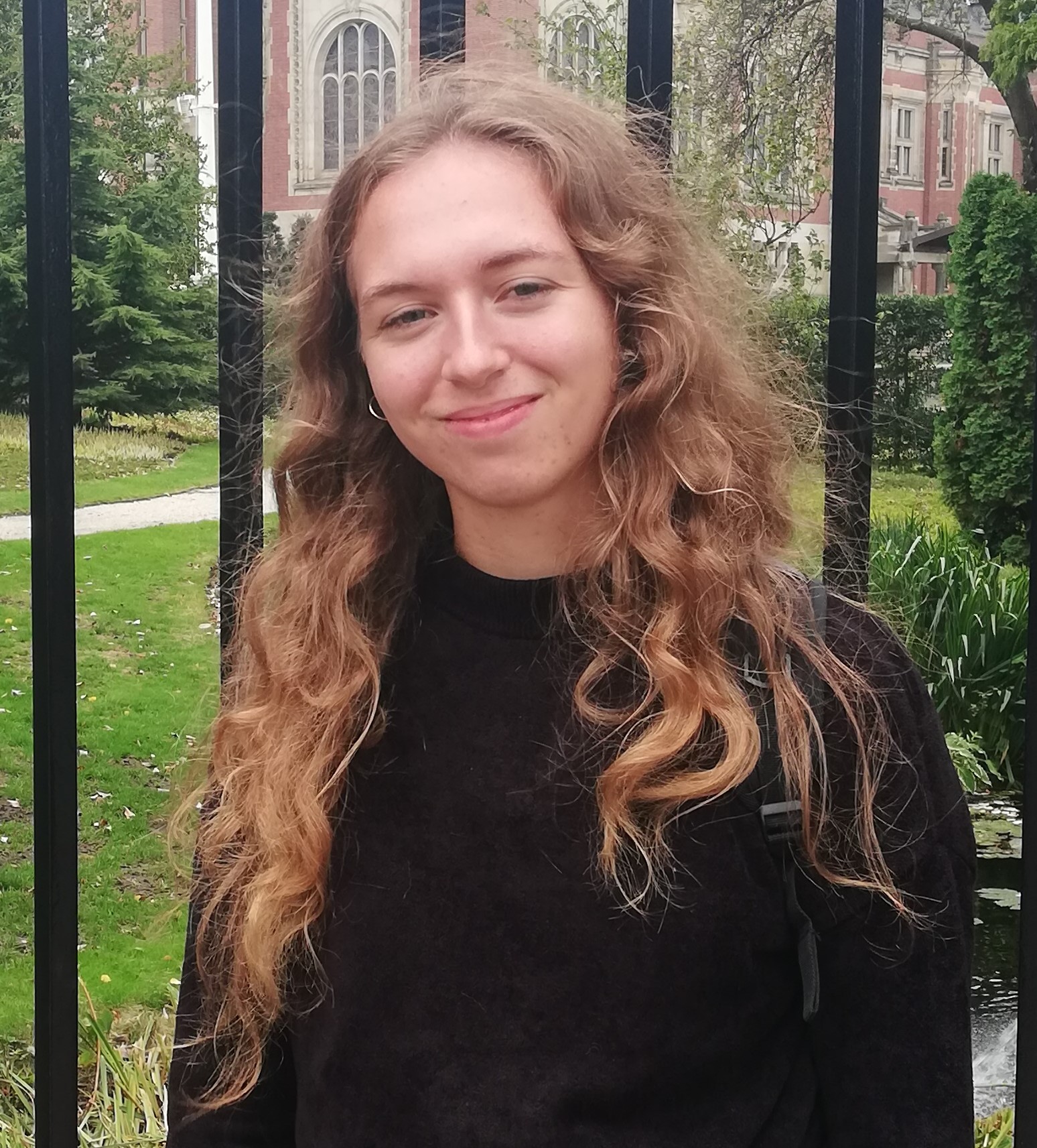
Hannah Weytjens
Hannah is a PhD candidate in sociology at KU Leuven and ULB, Belgium. She holds a BS and MA in sociology, with a focus on cultural sociology. Her research focuses on how cities (re)create diversity and how this connects to inequities. She is particularly interested in how the aesthetic and cultural aspects of cities contribute to this. Hence, her thesis is about how people form “scenes” (i.e. loose clusters of people with similar lifestyles) based on cultural and aesthetic judgments in the Brussels’ neighborhoods of Matonge and Molenbeek, and how these scenes relate to each other.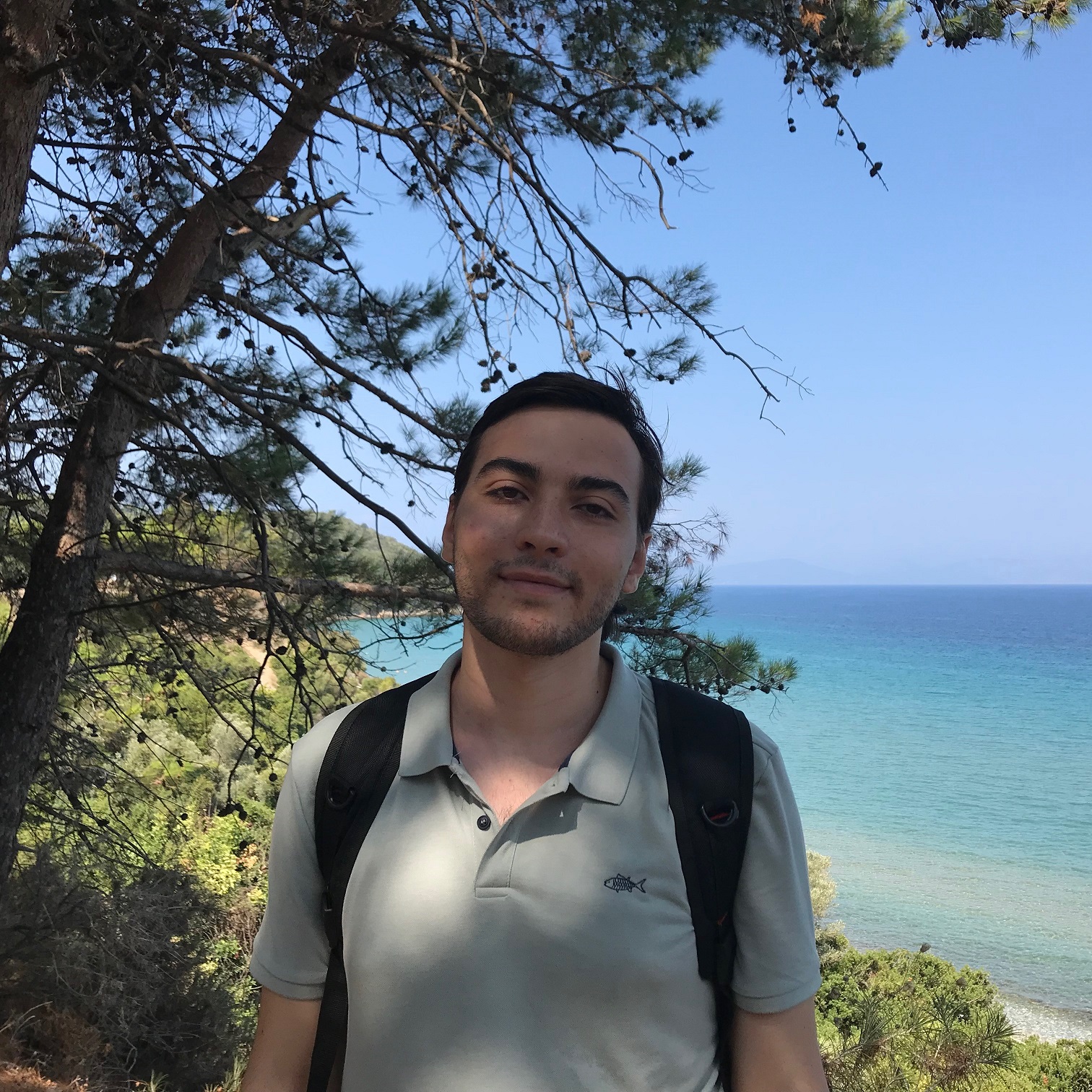
Melih Can Yardı
Melih Can Yardı is a second-year MA student in Computational Social Sciences at Koç University and a researcher at the Politus Project. He holds a bachelor's degree in Political Science and International Relations & Philosophy from Boğaziçi University. He specializes in social media, natural language processing, and social network analysis. His current work focuses on stance detection, online communication, political behavior, and public opinion & discourse.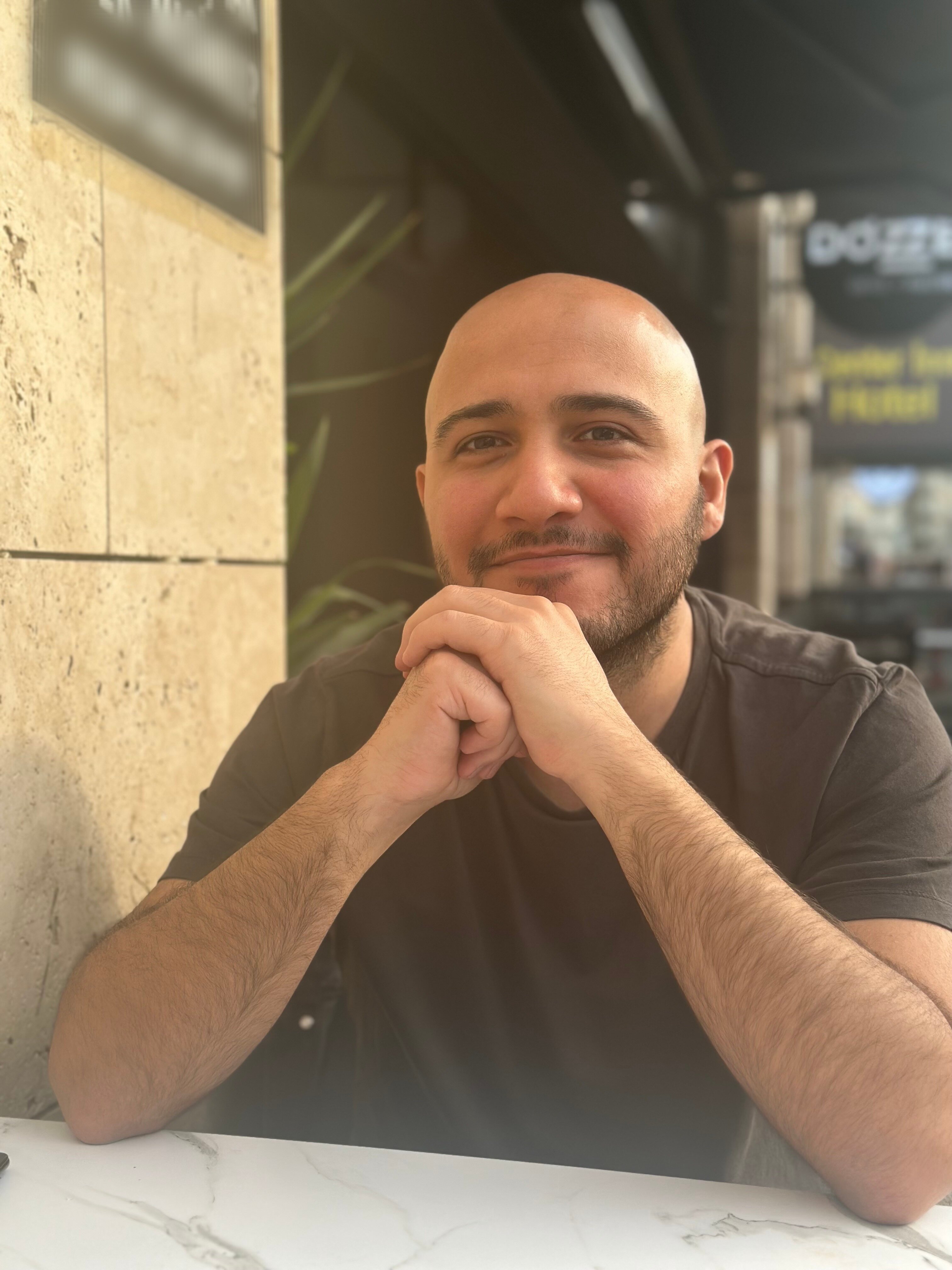
Alper Tunga Şahiner
Alper Tunga Şahiner is currently pursuing his Master's degree in Political Science at Sabancı University and he is a research assistant at Istanbul Gedik University. He holds a BA in Political Science and International Relations and BA in Sociology from Istanbul Sehir University. He enjoys working on various topics ranging from colonization to football transfers, from civil wars to extreme right-wing party votes. Currently, his research is primarily focused on international political economy, offshoring, and economic nationalism.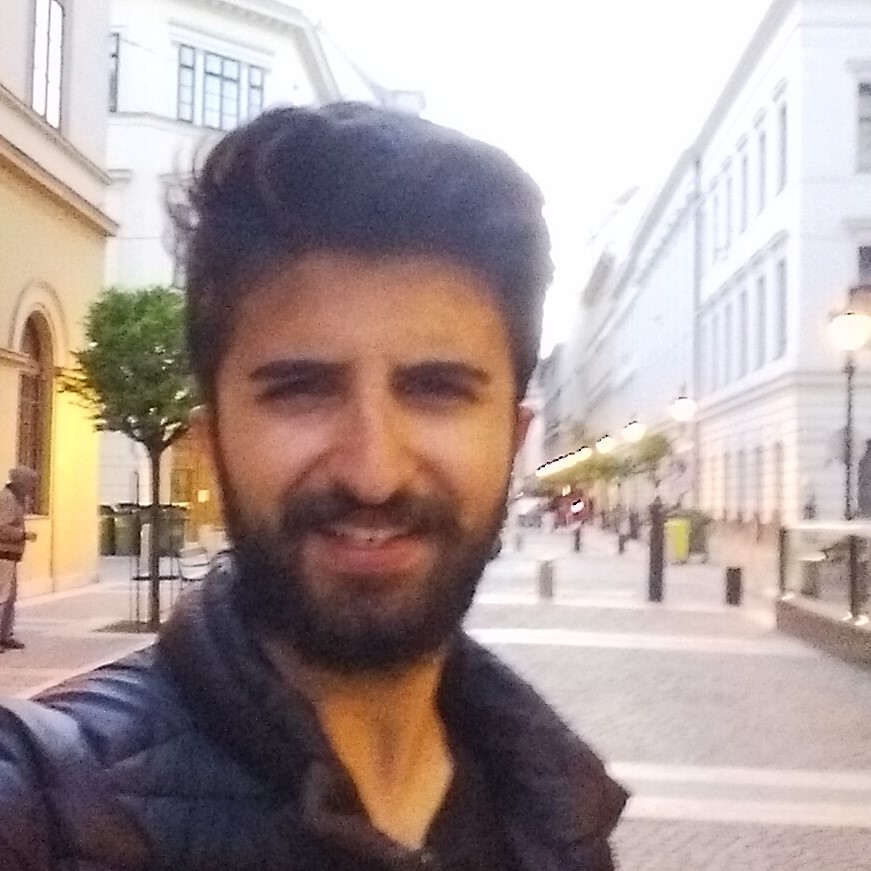
Serhat Demirkıran
Serhat Demirkıran is a Data Science MSc. student at Sabancı University. He is also a member of Viral Lab led by Professor Onur Varol. He received his bachelor's degree in Computer Engineering from İstanbul Technical University. He studied recommender systems for his graduation project and developed a model to predict tweet engagement rates as a problem presented by RecSys Challenge 2020. He is interested in user behavior and political polarization in social media lately.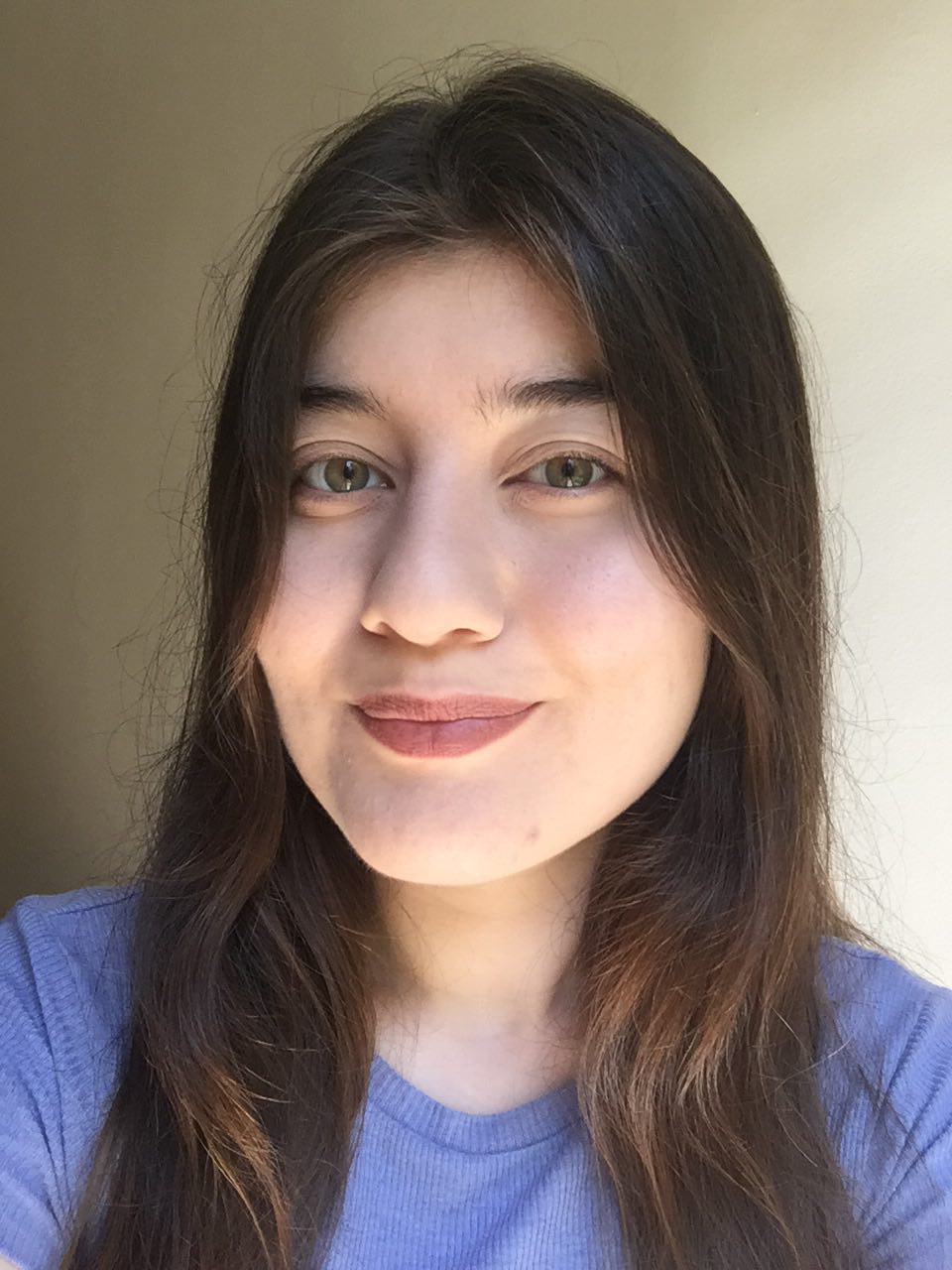
Gevher Yesevi
Gevher is a data scientist and consultant with expertise in energy systems. She holds a Bachelor's degree in Industrial Engineering and is pursuing a Master's degree in AI at Ozyegin University. Gevher has worked on a range of consultancy projects for energy systems and building automated machine-learning modules for time series forecasting. Her research interests include behavior modeling in bilateral negotiations and time series forecasting.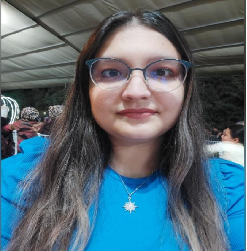
Ayşe Duman
Ayşe Duman is currently a first-year MS student in Industrial Engineering and Operations Management at Koç University. She holds a bachelor’s degree in Mathematical Engineering from Yildiz Technical University, which she obtained in 2021. In 2022, she completed a double major in Statistics at the same institution. Her areas of expertise include data analysis, machine learning algorithms, and optimization methods. Her current research focuses on integer programming and mixed integer programming using solvers such as Gurobi, Cplex, and Glpk. Additionally, she has an interest in VRP and TSP problems as well as time series forecasting. Currently, she is continuing her professional career as a Product Specialist at BTS Group in the BTS AI LAB located in ITU Ayazaga Campus, Turkey.